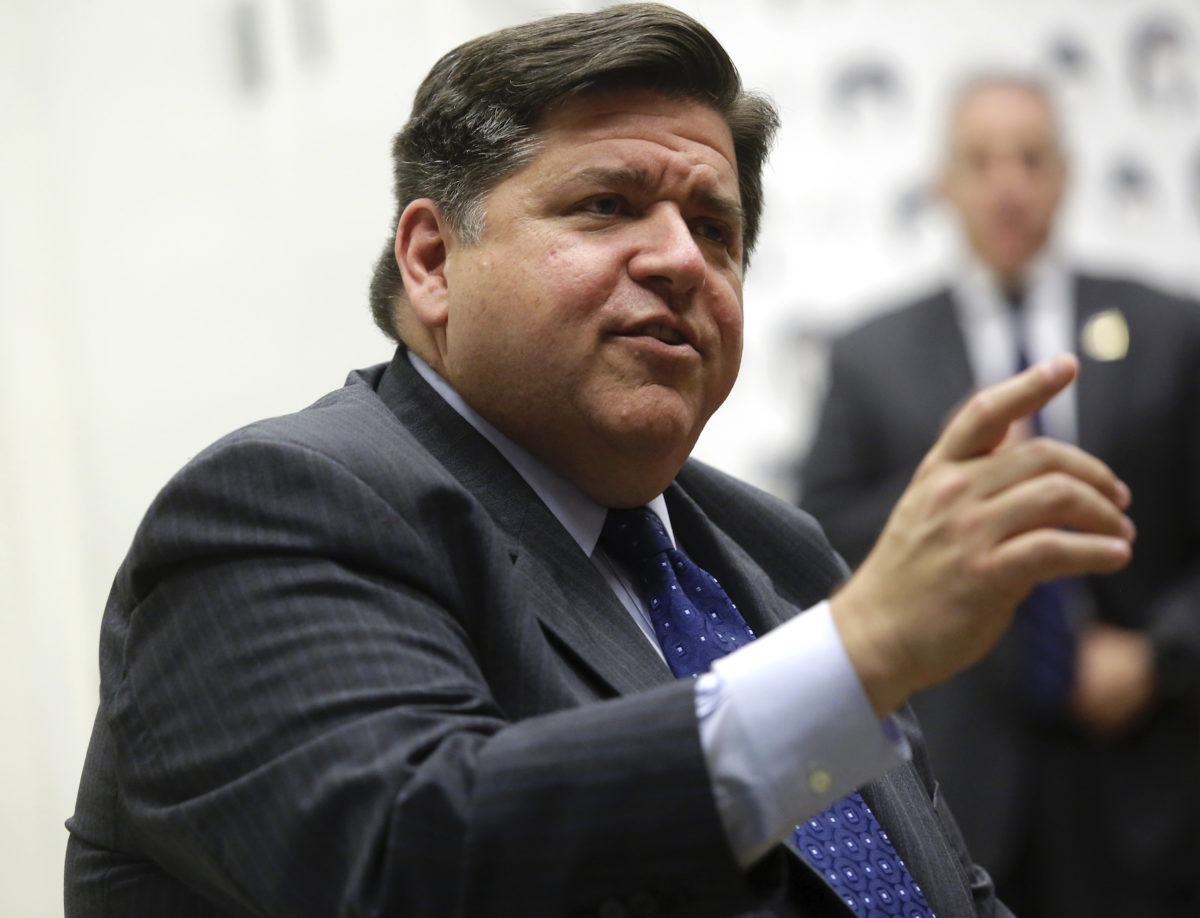
Admissions to Illinois State Prisons Suspended, With Few Exceptions, Due to Coronavirus
Prisoners are “especially vulnerable to contracting and spreading COVID-19,” Illinois Governor J. B. Pritzker wrote in his executive order.

Prisoners are “especially vulnerable to contracting and spreading COVID-19,” Illinois Governor J. B. Pritzker wrote in his executive order.
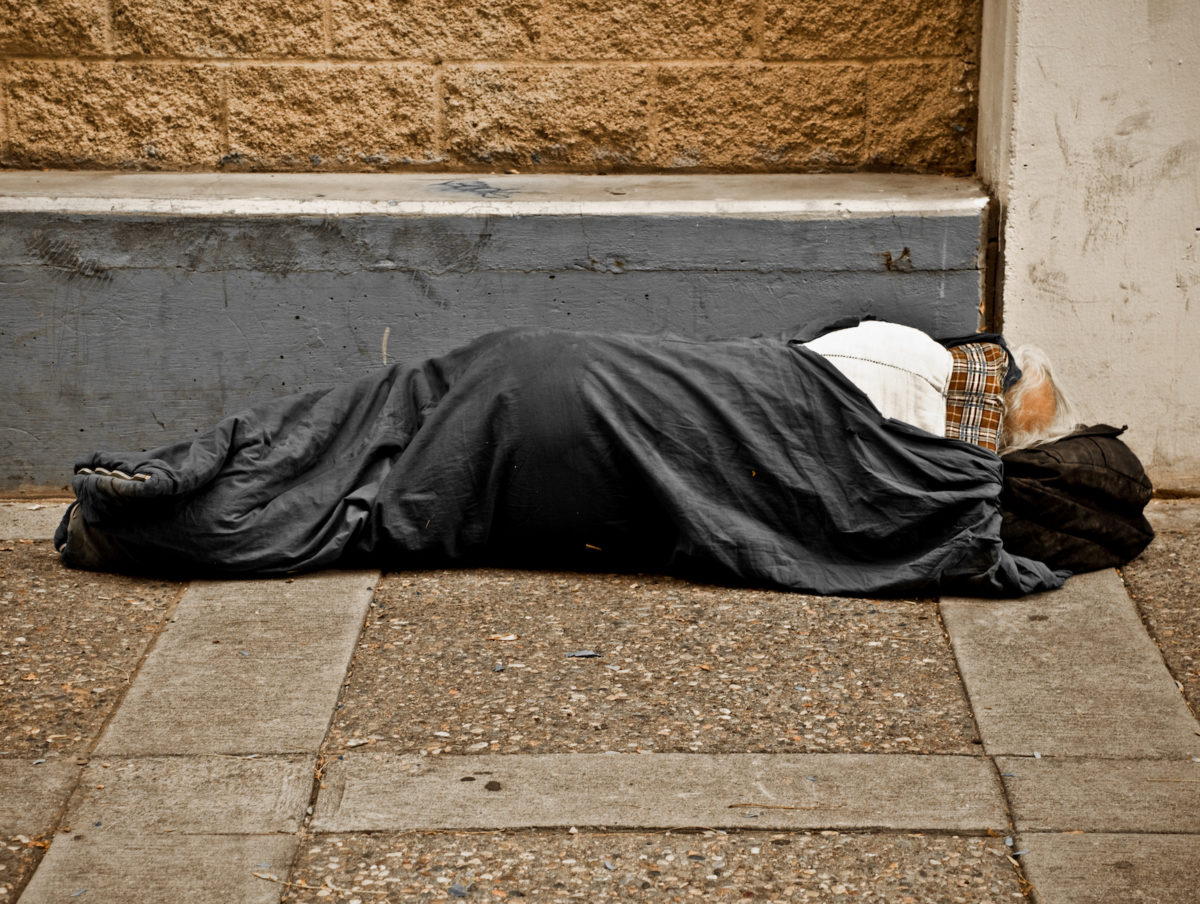
The COVID-19 crisis is shining a light on America’s worsening housing crisis and limited resources for response.
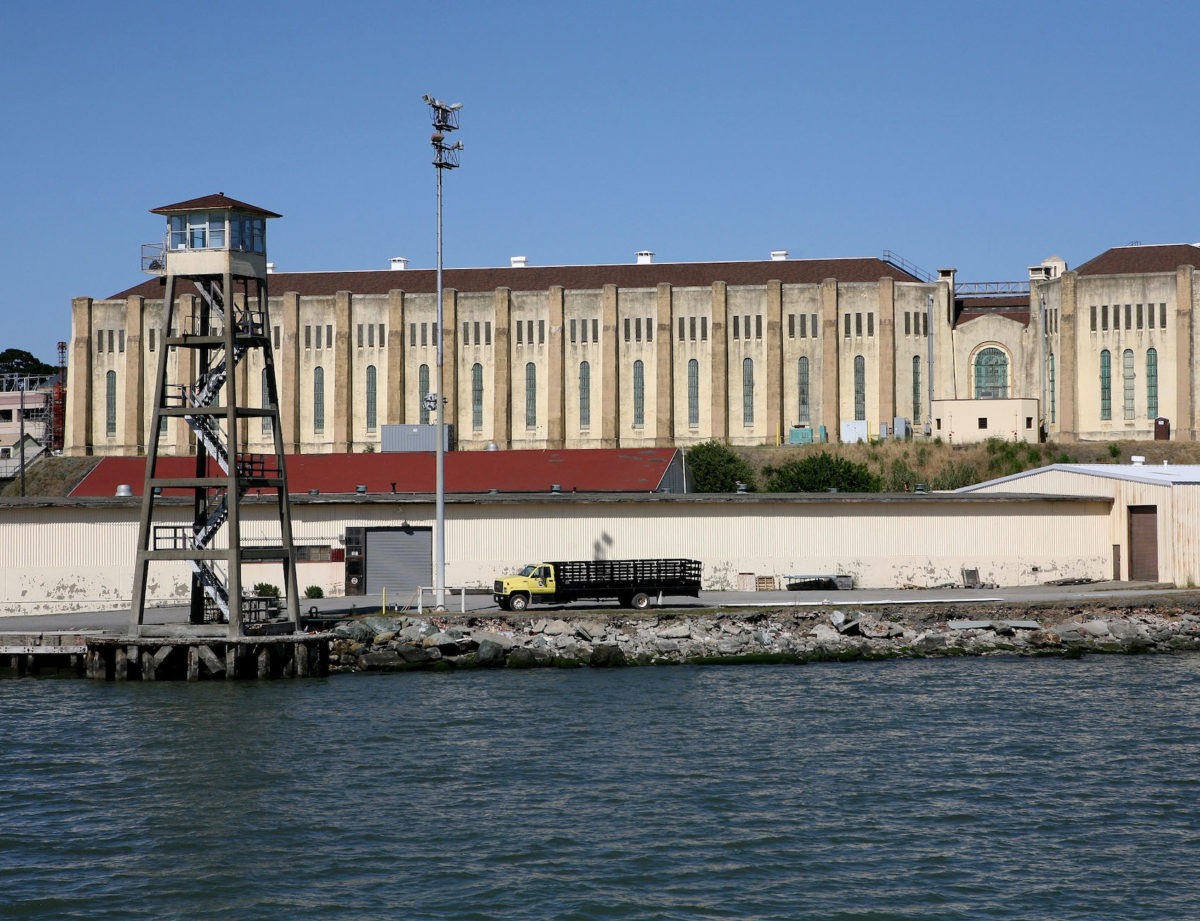
“They are treating it like any epidemic in prison—that is to isolate, treat and then release back to the population.”

State governors and the president have the authority to grant commutations and reprieves to people in prison across the country as COVID-19 spreads.
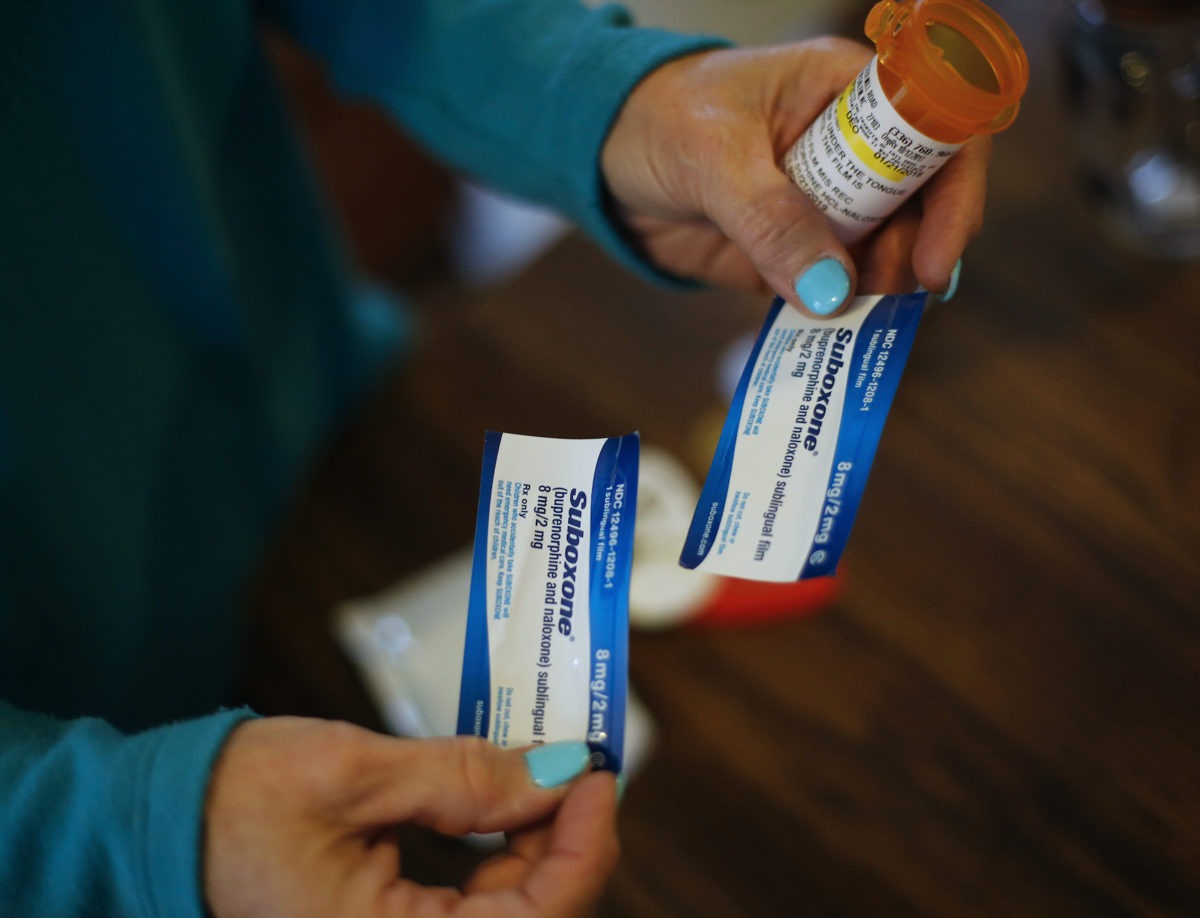
Social distancing orders are a necessity, but they create a host of new problems for people in treatment for substance use disorders.
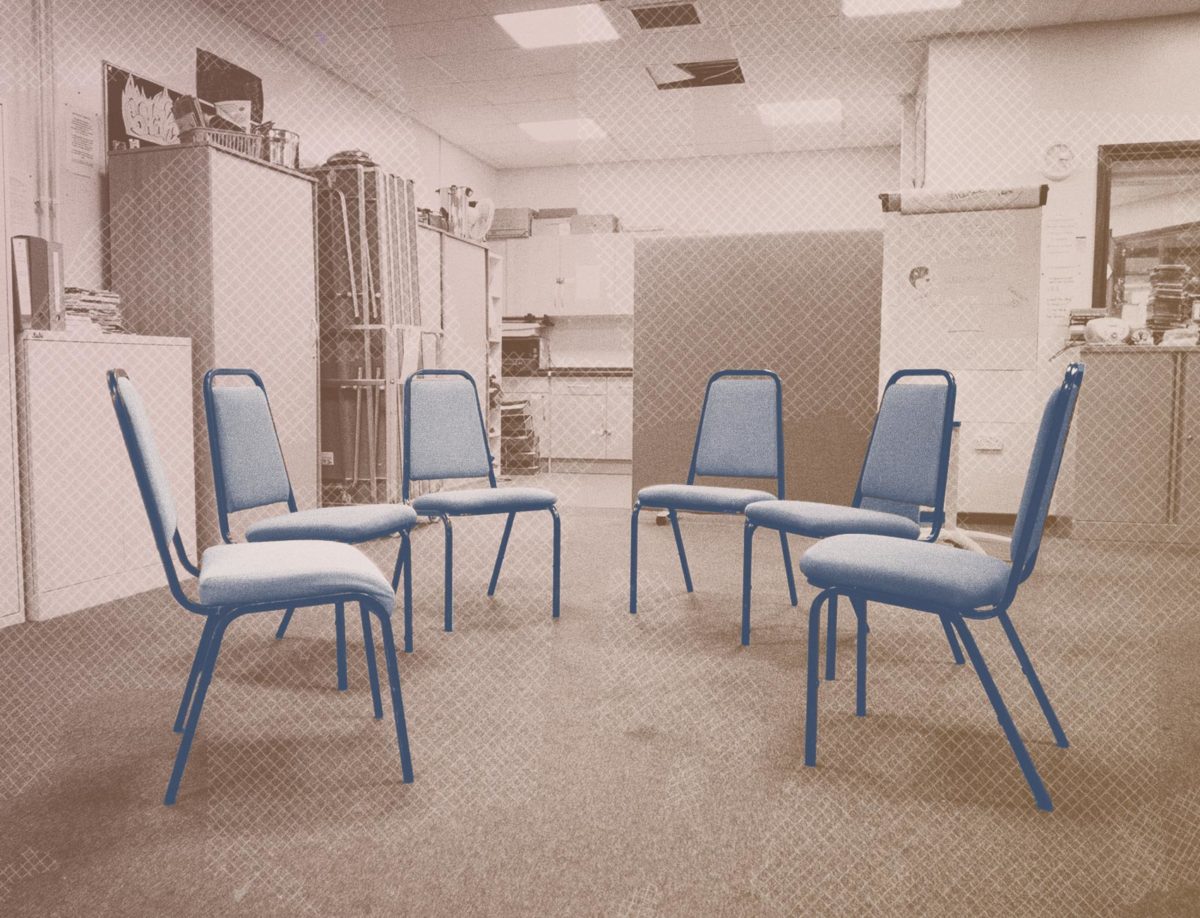
Many programs for people on parole, probation, or supervision take place in group settings—the exact opposite of what public health officials are recommending in order to stop the spread of COVID-19.
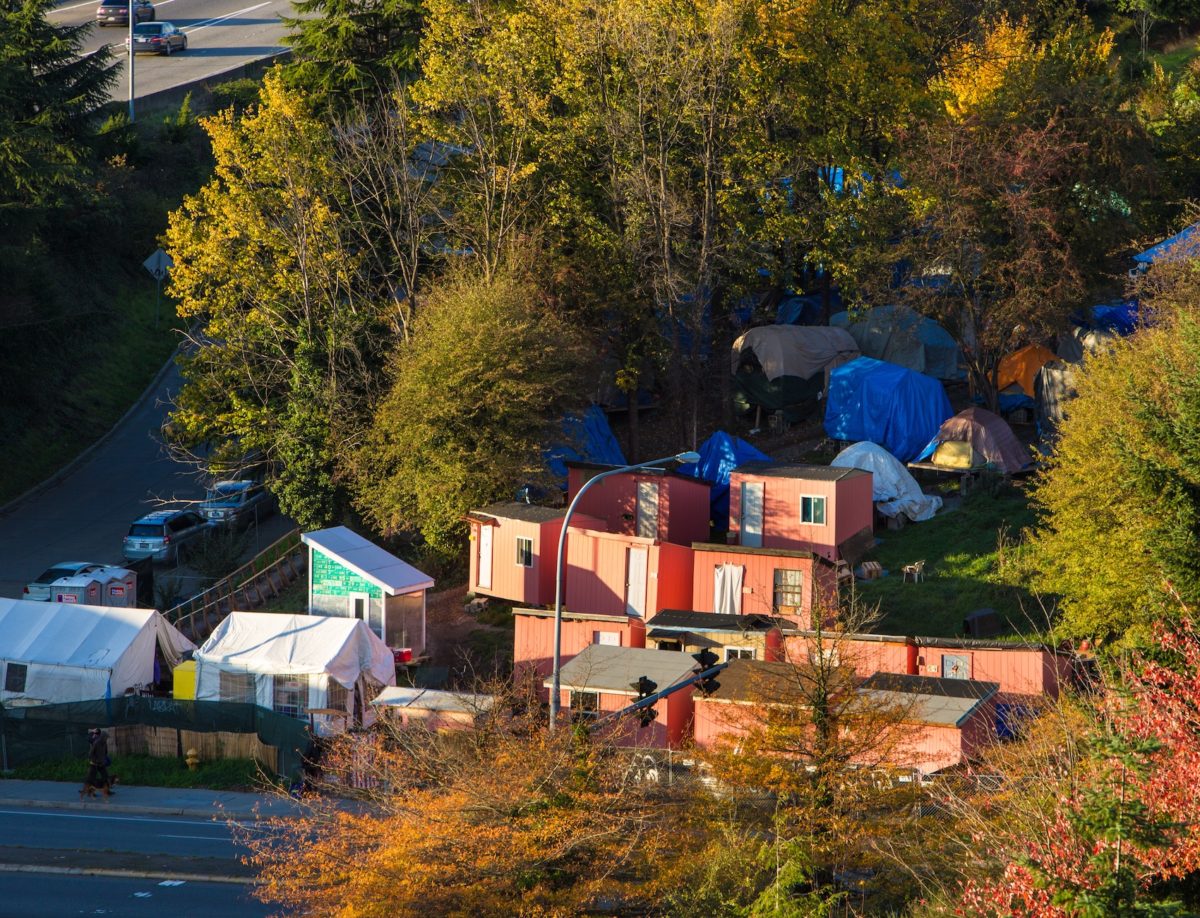
Advocates for the area’s homeless residents say the pandemic will worsen the crisis they have already been living through.
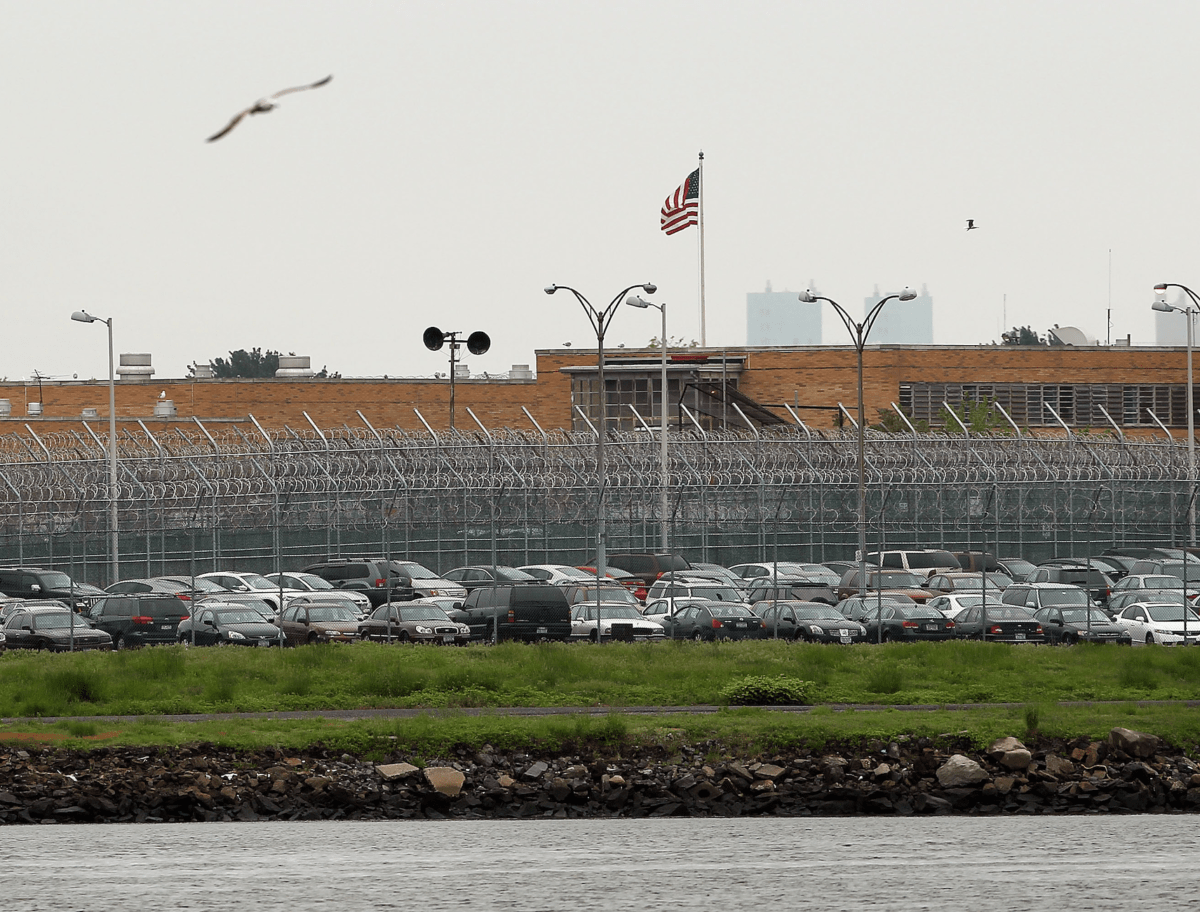
“Based on this analysis, New York City jails have become the epicenter of COVID-19,” a Legal Aid attorney said.
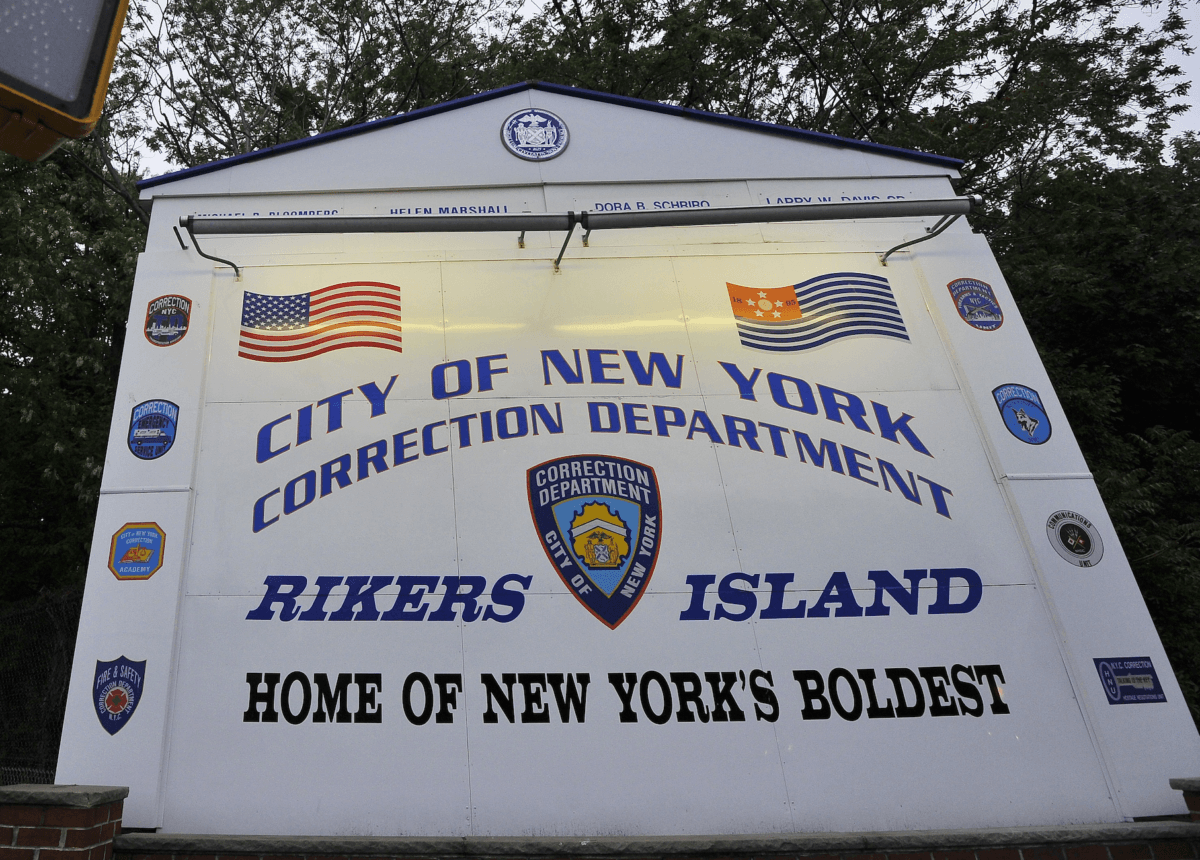
“The doctors said they were going to come and do screenings every day, but for the past two days, they’ve just come into the dorm and stood by the front door and yelled, ‘Does anybody have any symptoms?’”
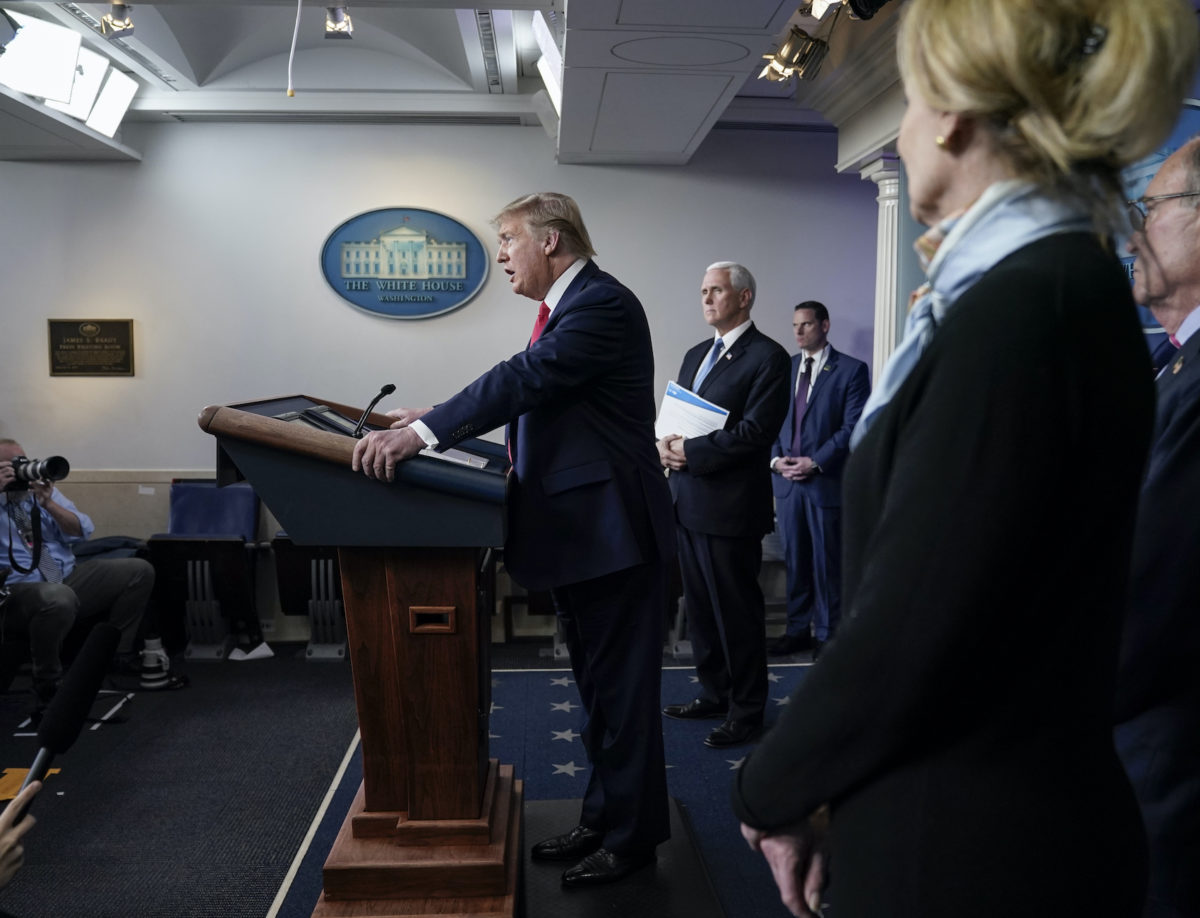
Politicians and the general public are ignoring the health and safety needs of those with disabilities and chronic conditions.
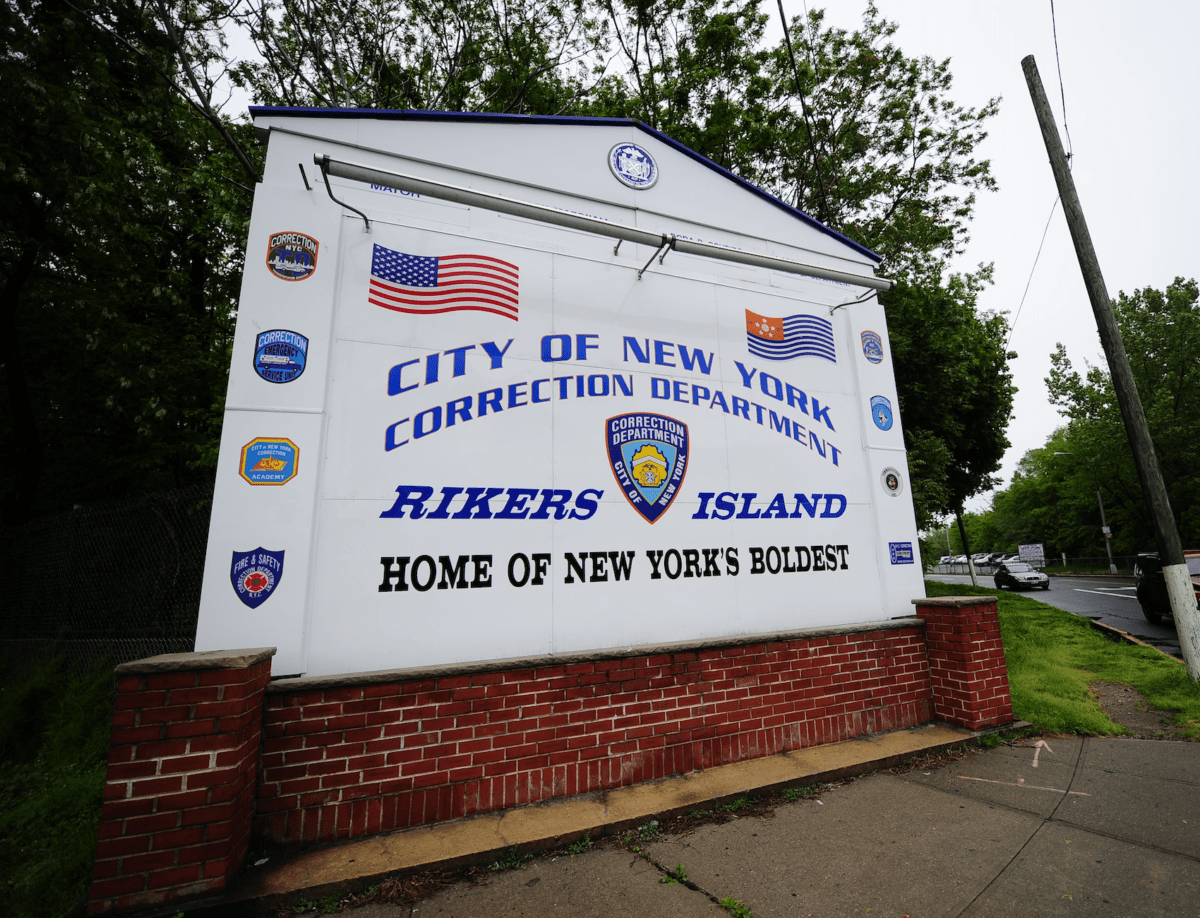
“Still no hand sanitizer, no bleach.”
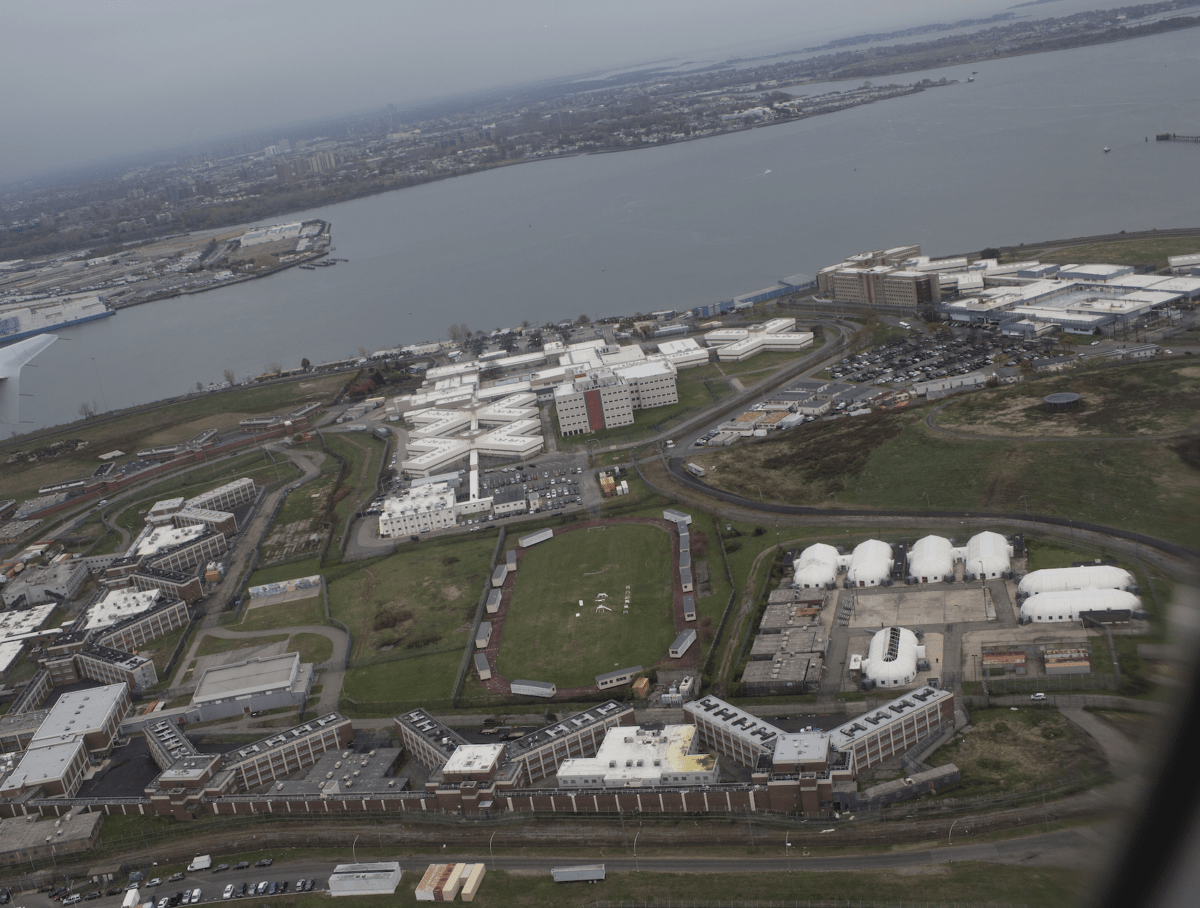
The island’s Communicable Disease Unit is already overflowing with quarantined people.
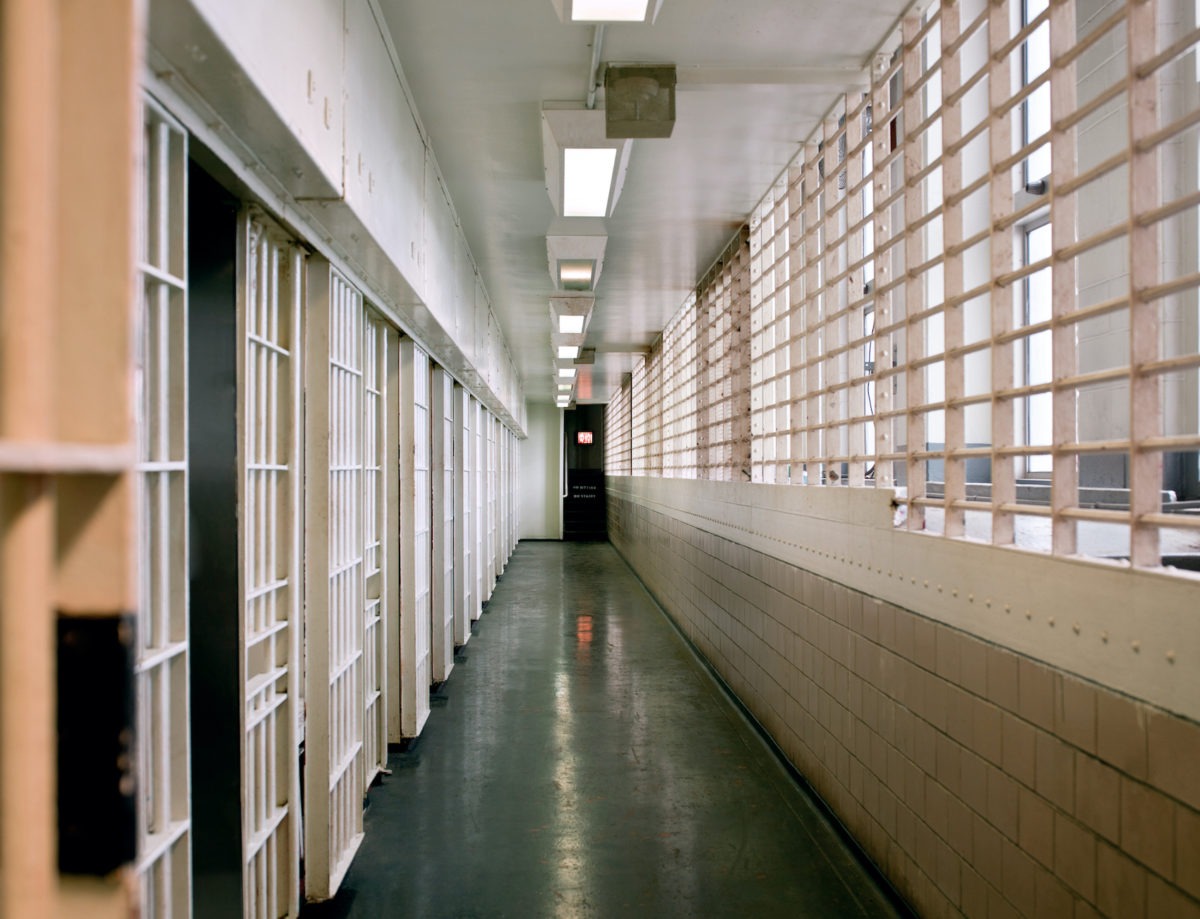
New research shows that jails contribute to infectious disease deaths in the greater community.
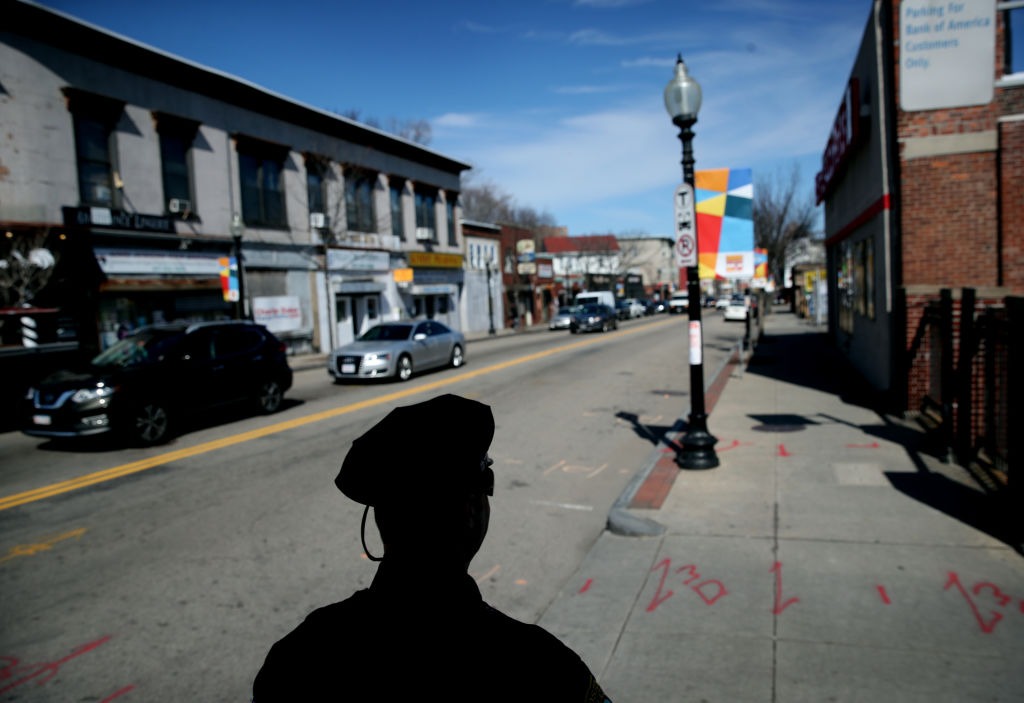
In Boston, it’s worse than business as usual at the police department as the pandemic spreads. On a recent day, officers arrested people for charges the district attorney has publicly declined to prosecute.
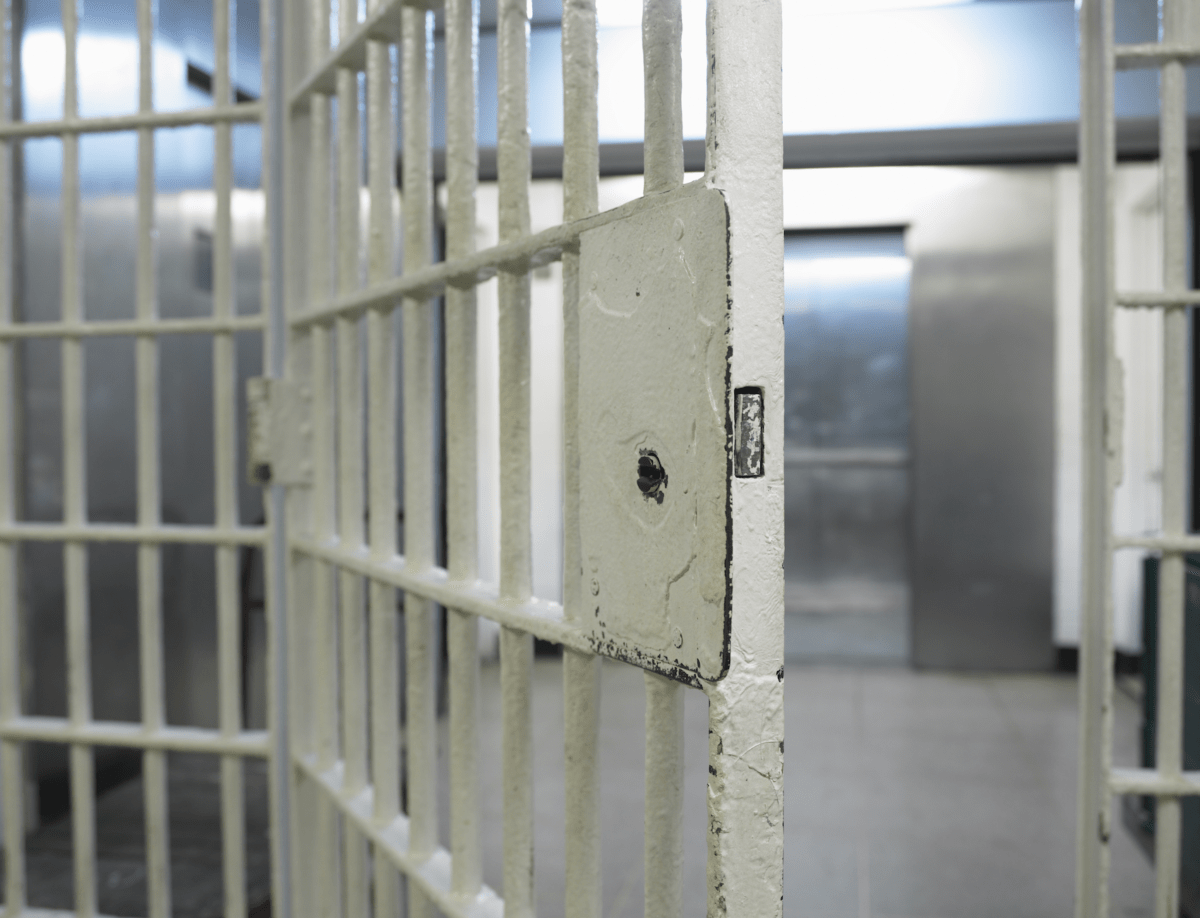
Up to 1,000 people will have their sentences delayed or suspended.
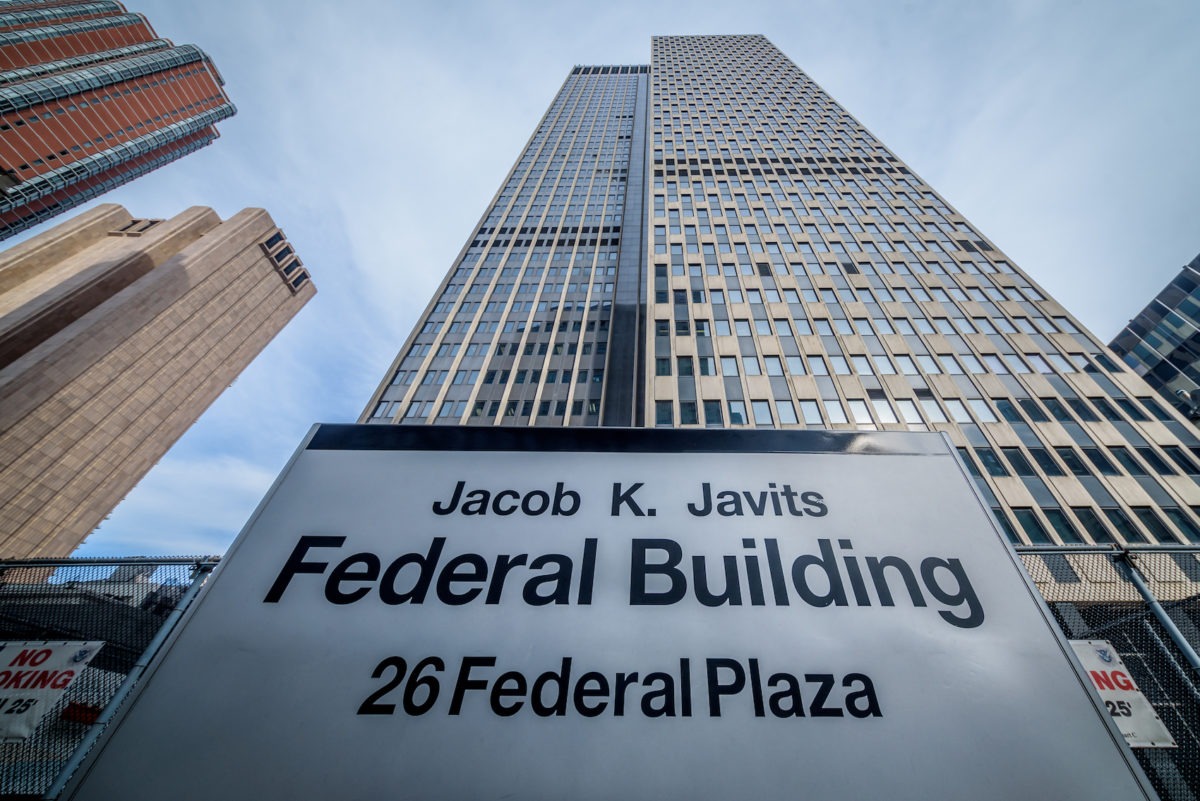
The Trump administration’s hardline immigration policies are intersecting with a highly contagious disease at a time when cities across the country are shutting down.

When the dust settles on this pandemic, we need to be clear on what was an emergency response and what is a desirable permanent change.
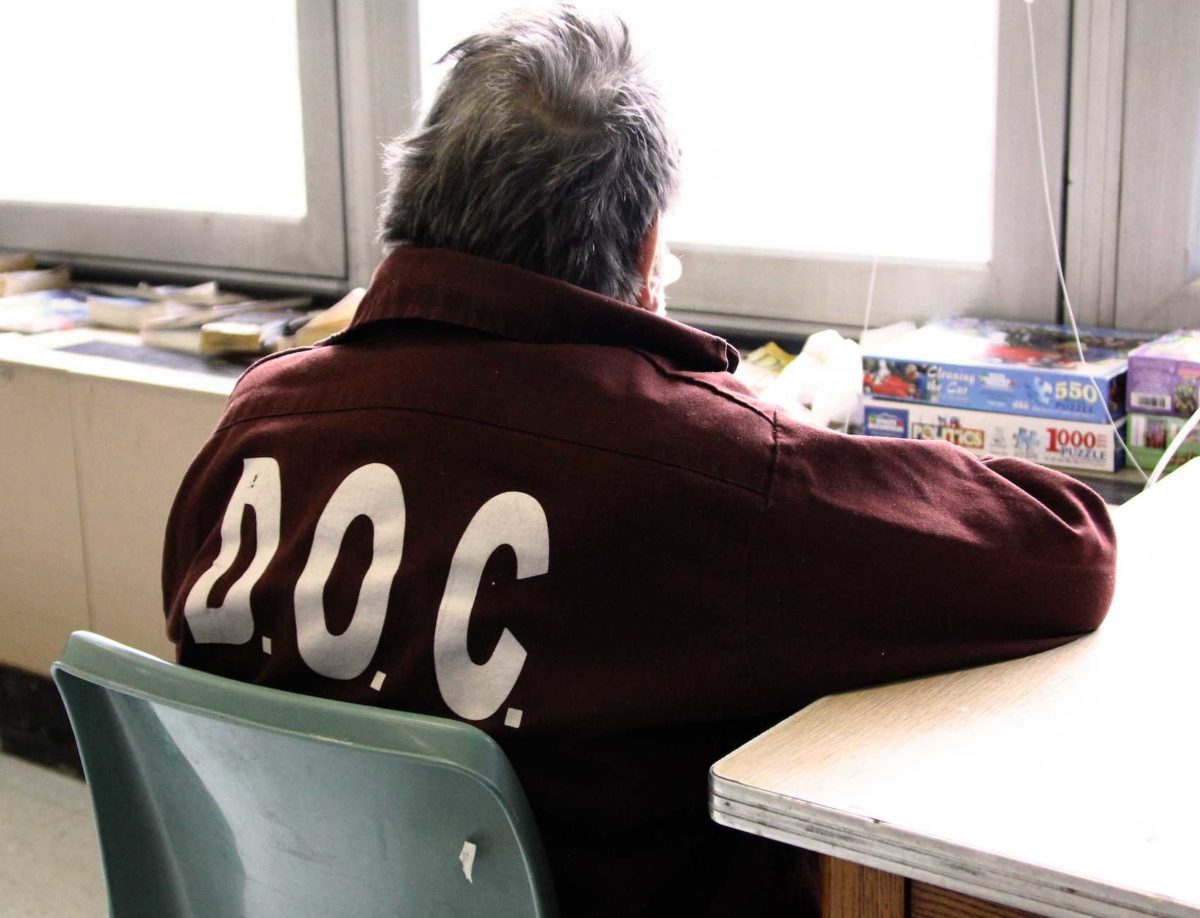
Advocates have called on Governor Tom Wolf and state Department of Corrections officials to release elderly and infirm people from state prisons. But the law is limiting how quickly they can move.
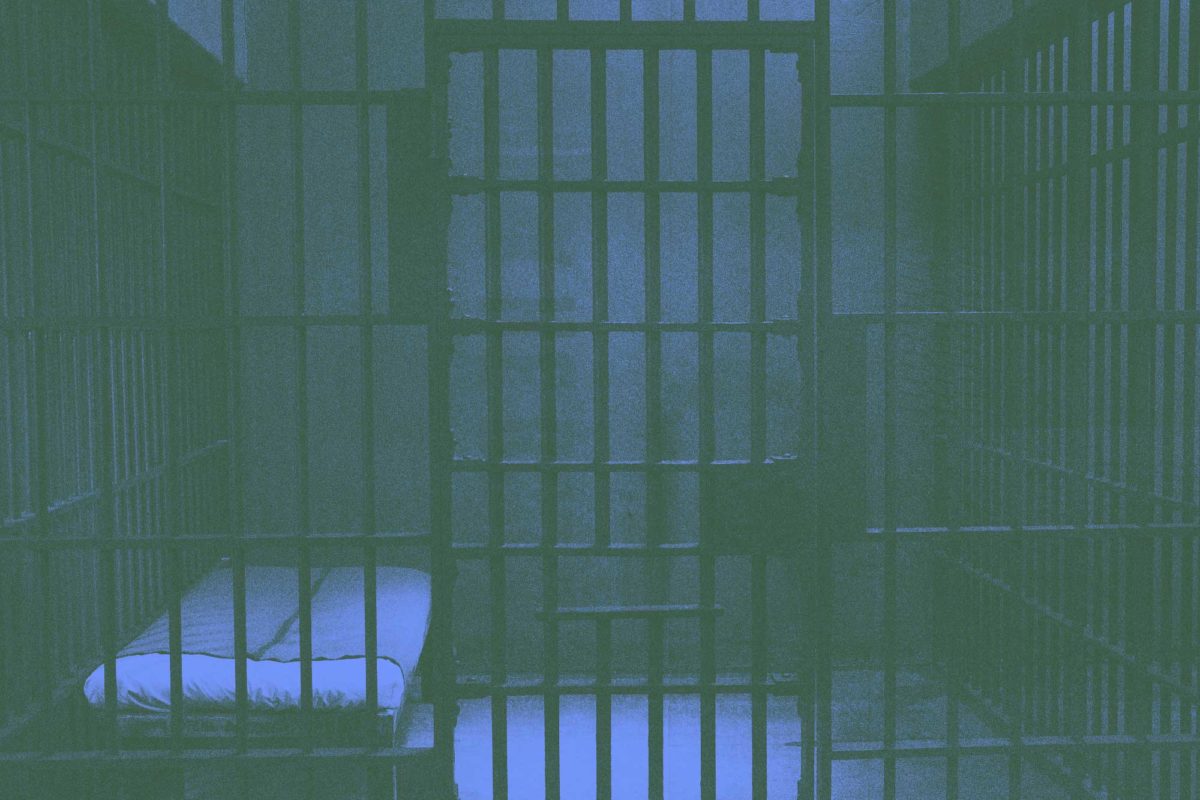
The H1N1 pandemic, the HIV/AIDS crisis, and other outbreaks have taught us that blanket policies of solitary confinement and isolation have led to harmful outcomes.
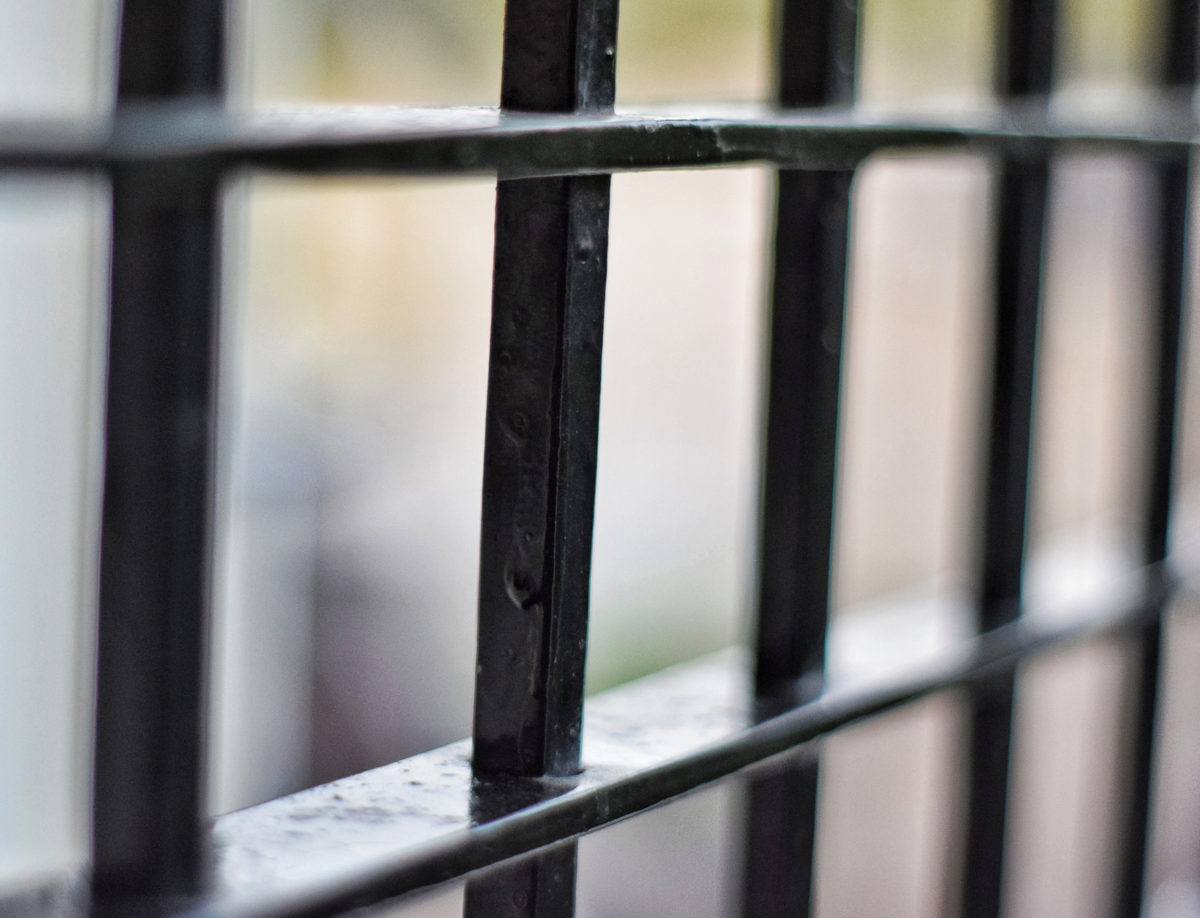
The state Department of Corrections confirmed two staff cases of COVID-19. No prisoners have been confirmed to have the virus, the department said.

While those facing charges appear by video at arraignments, all others—attorneys, officers, the judge—are in the courtroom in close quarters, defense attorneys say.
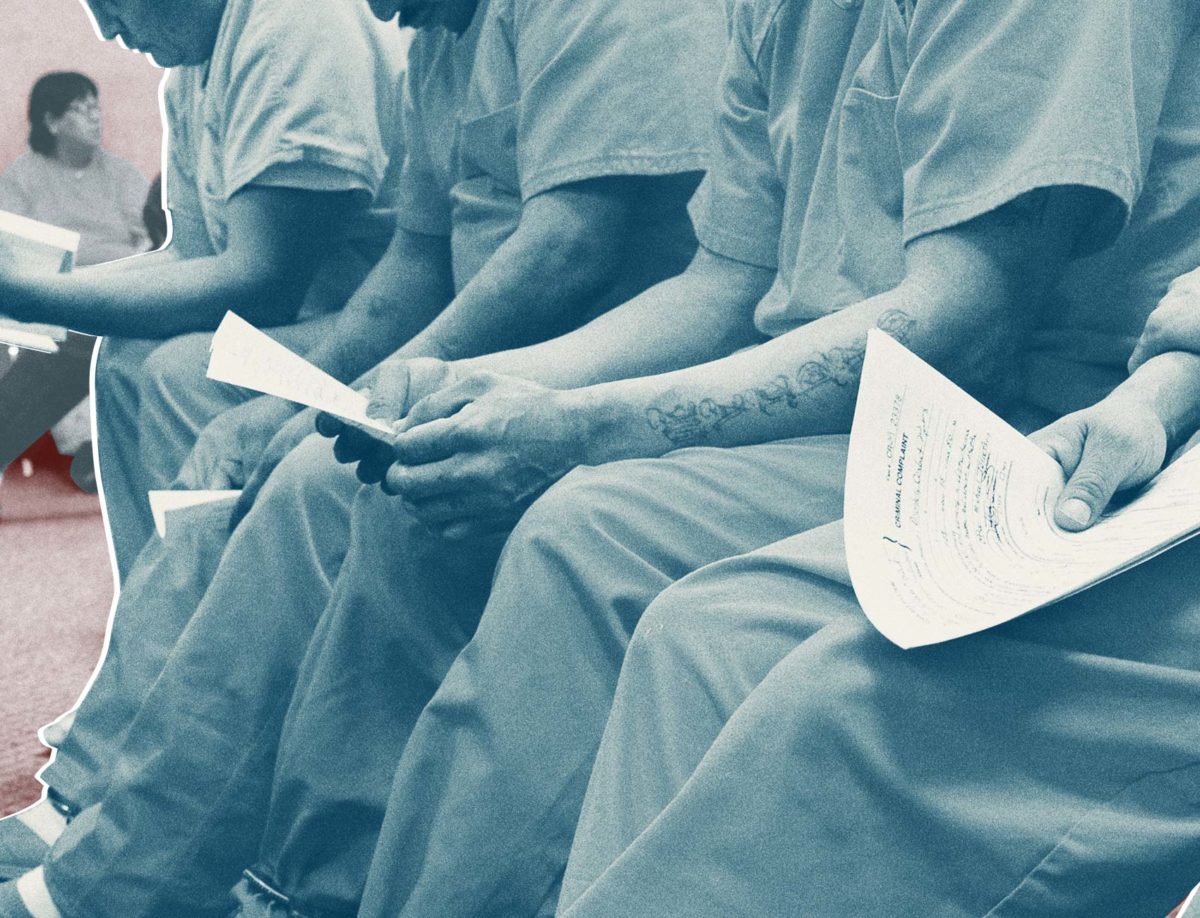
Organizers have been collecting signatures as part of a ballot initiative known as State Question 805, which calls for the end of sentencing enhancements for people convicted of nonviolent crimes.

Prosecutors say Walter Ogrod is ‘likely innocent’ of the charges that sent him to prison in 1996. Now, his attorney says, ‘every day a decision and/or hearing is delayed is another day that Mr. Ogrod’s health is at grave risk.’
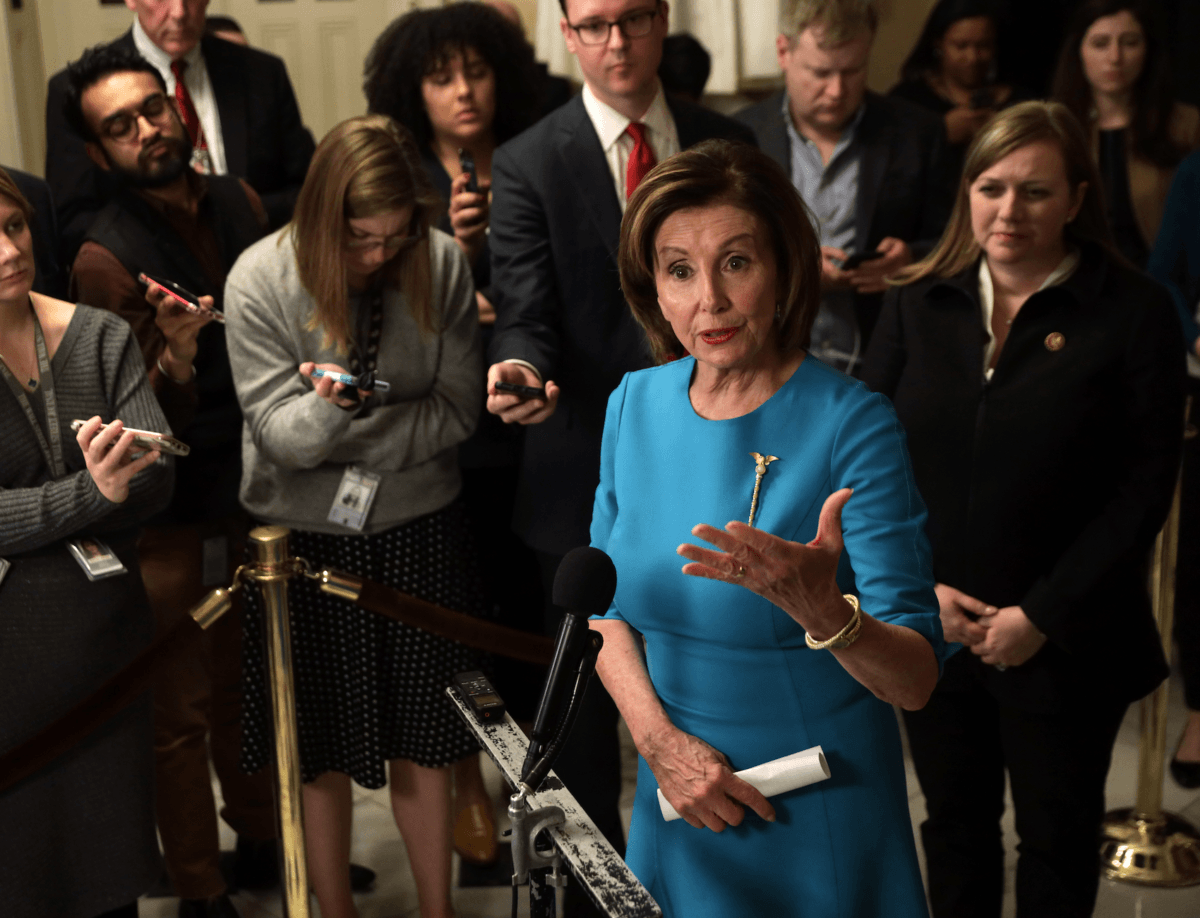
But the proposals on the table are leaving our most vulnerable neighbors behind.
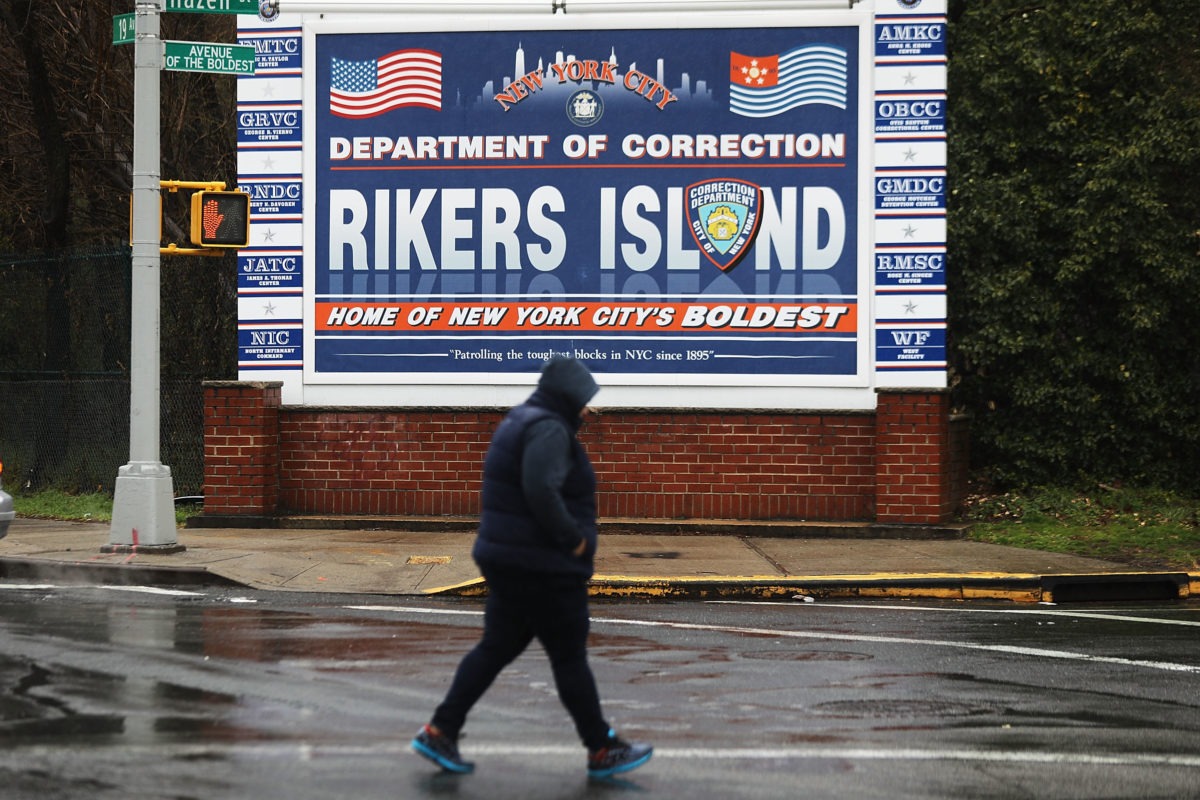
Late Wednesday, the chief physician at the Rikers jail complex said on Twitter that judges and prosecutors must not leave New York City’s jailed population ‘in harm’s way.’
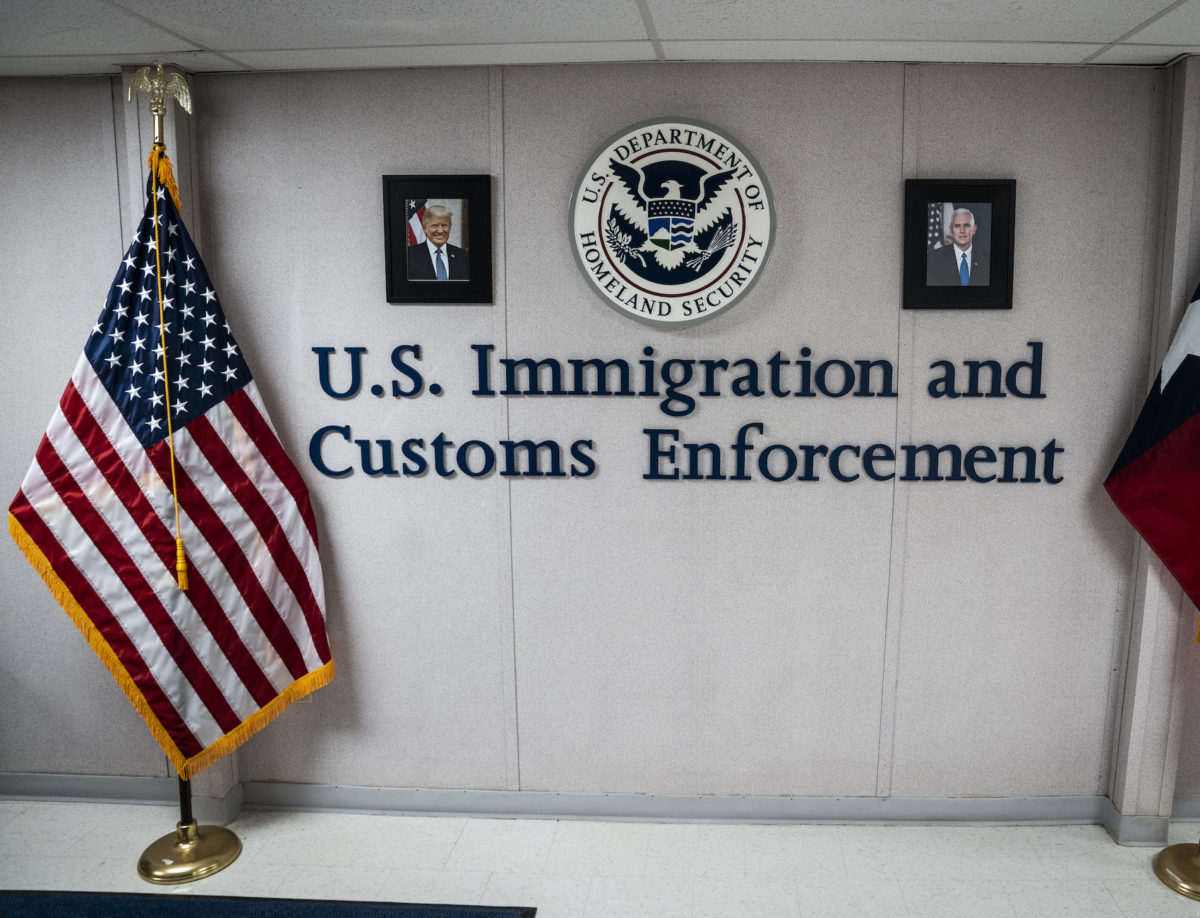
Conditions at the Newark jail where the strike is taking place were dire even before the threat of COVID-19.
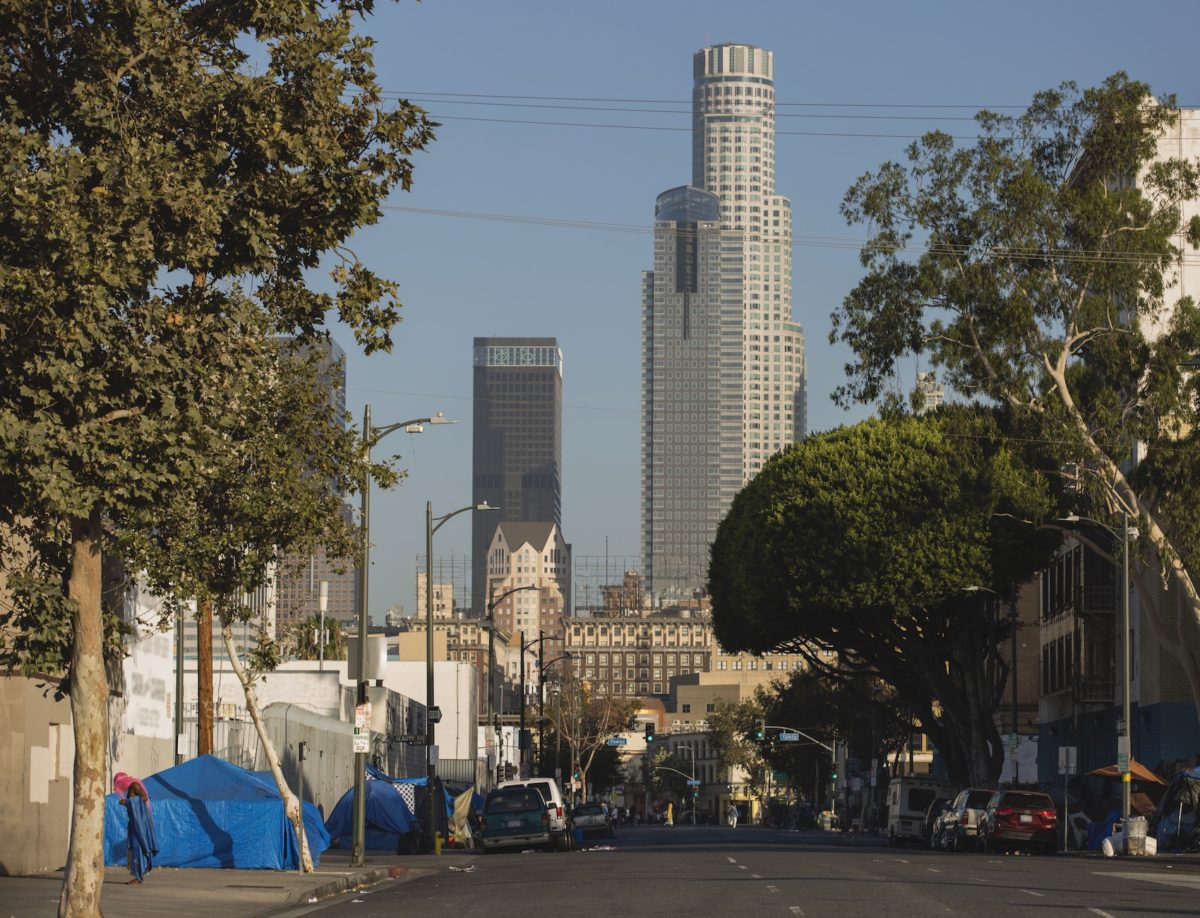
Cascading crises have significantly increased the stakes for the city’s most vulnerable residents.
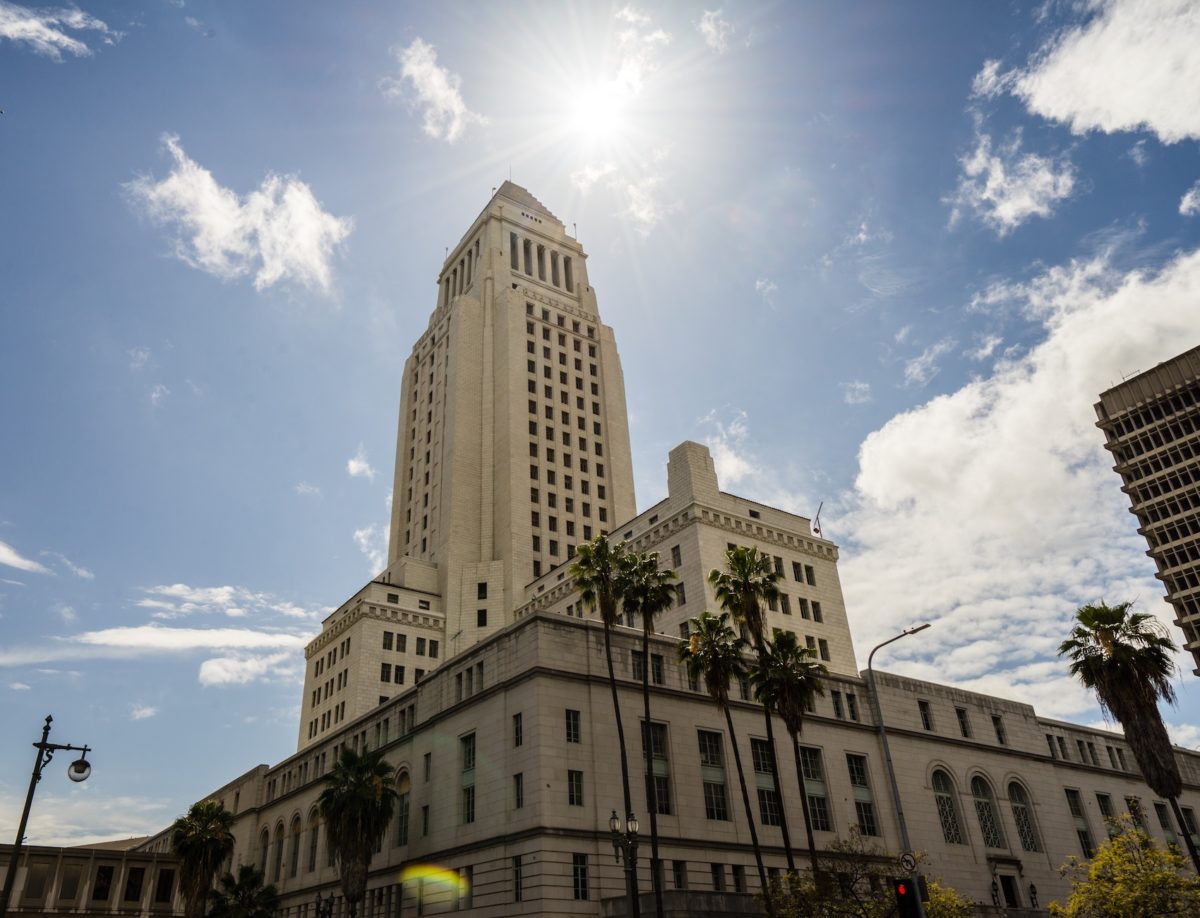
It should not take a global pandemic for our elected officials to acknowledge that we are all safer if everyone can shower and wash their hands.
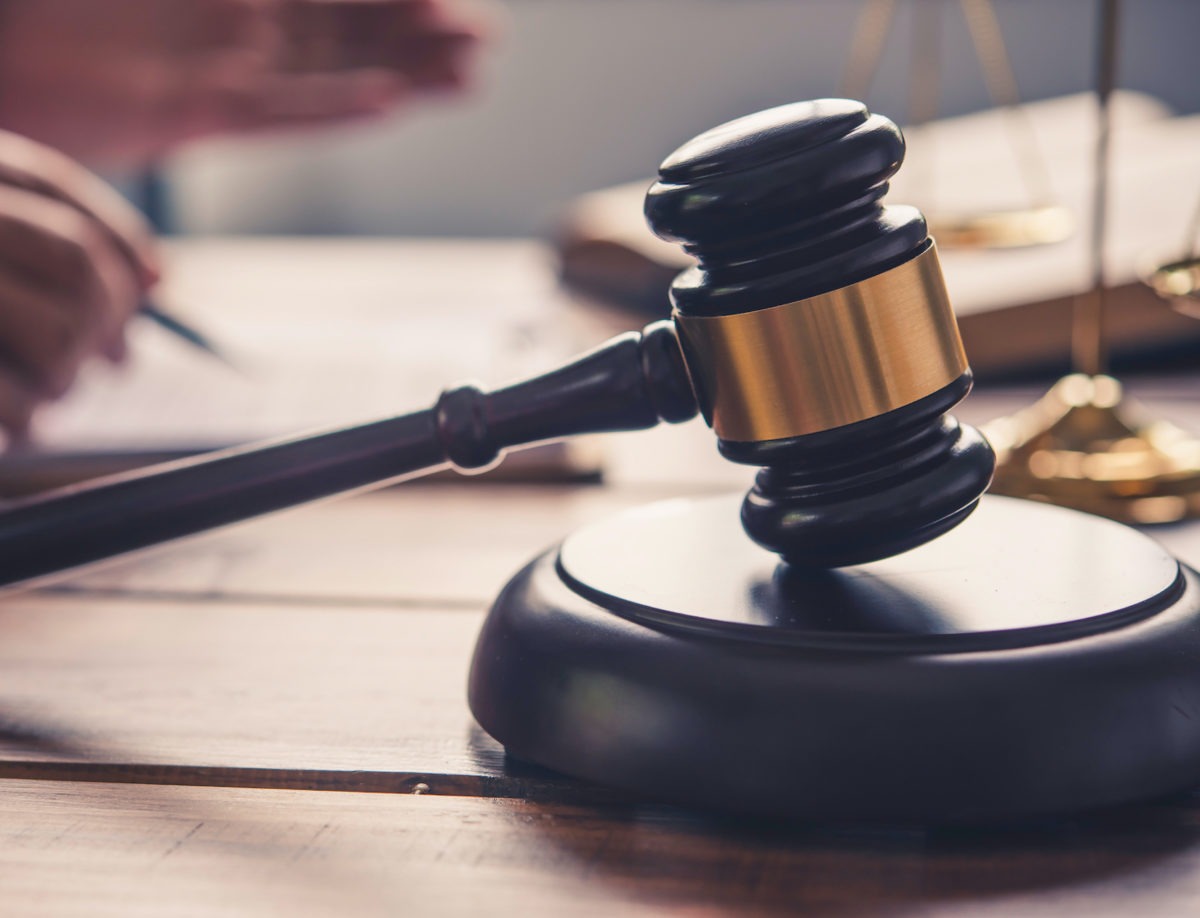
In Northampton County, advocates say the practice is putting the people charged for minor offenses, and the broader community, in danger.

A new report shows broad bipartisan support for care in response to crisis
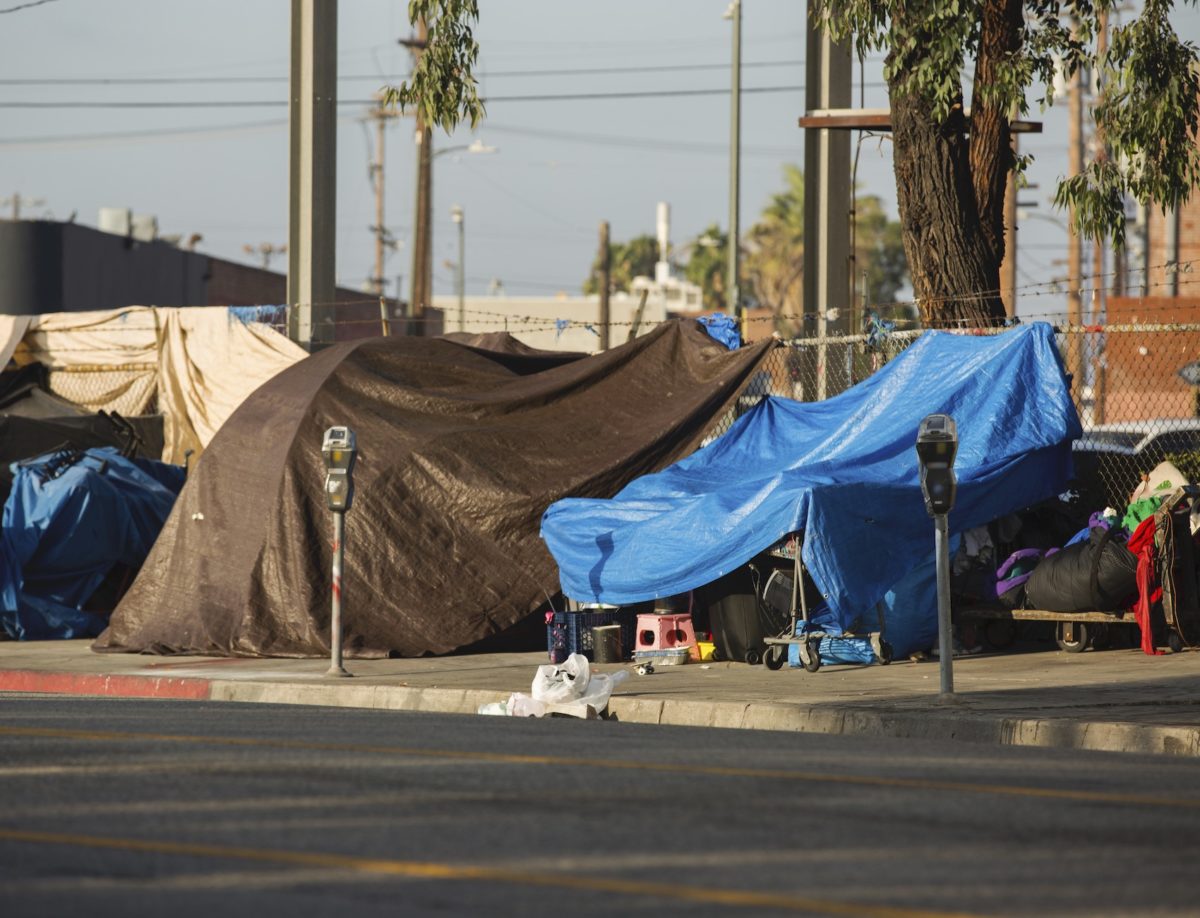
How California, which is home to more than half of the country’s unsheltered homeless population, is addressing the needs of the unhoused.
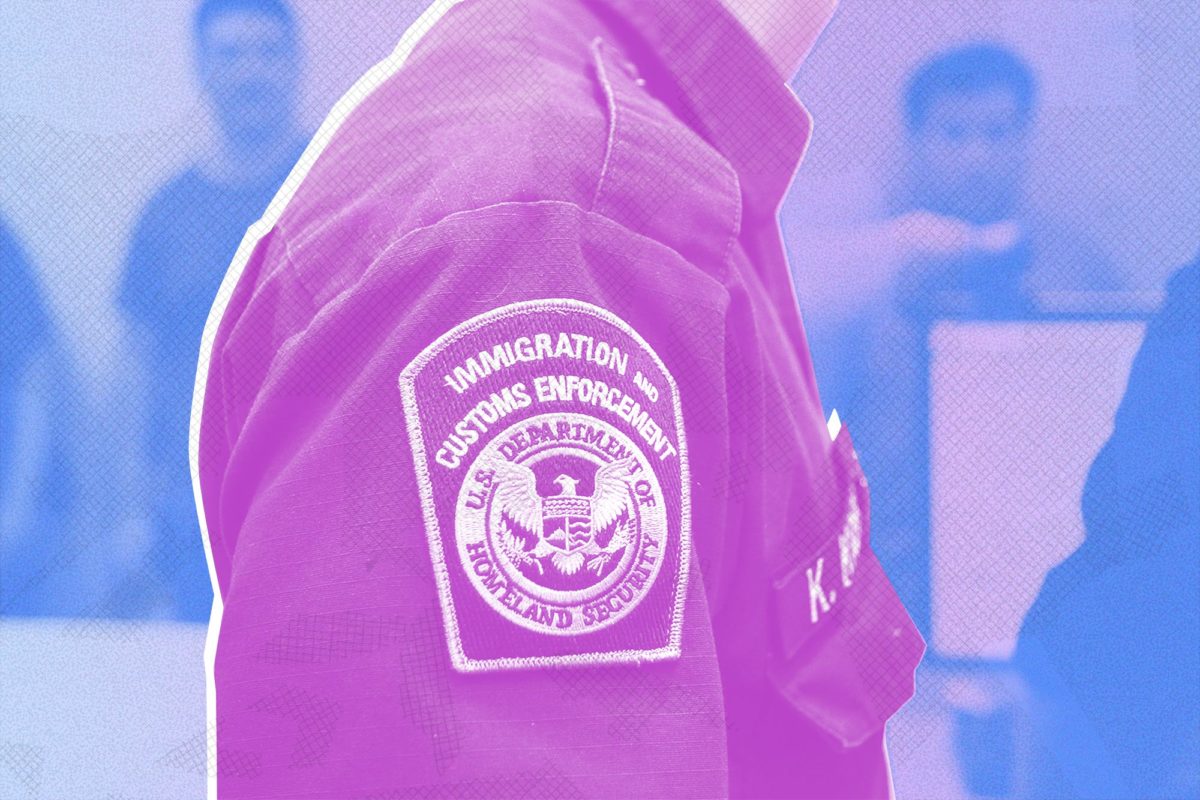
As COVID-19 spreads, ICE detained a Central American immigrant in a hospital, causing confusion and raising concerns.
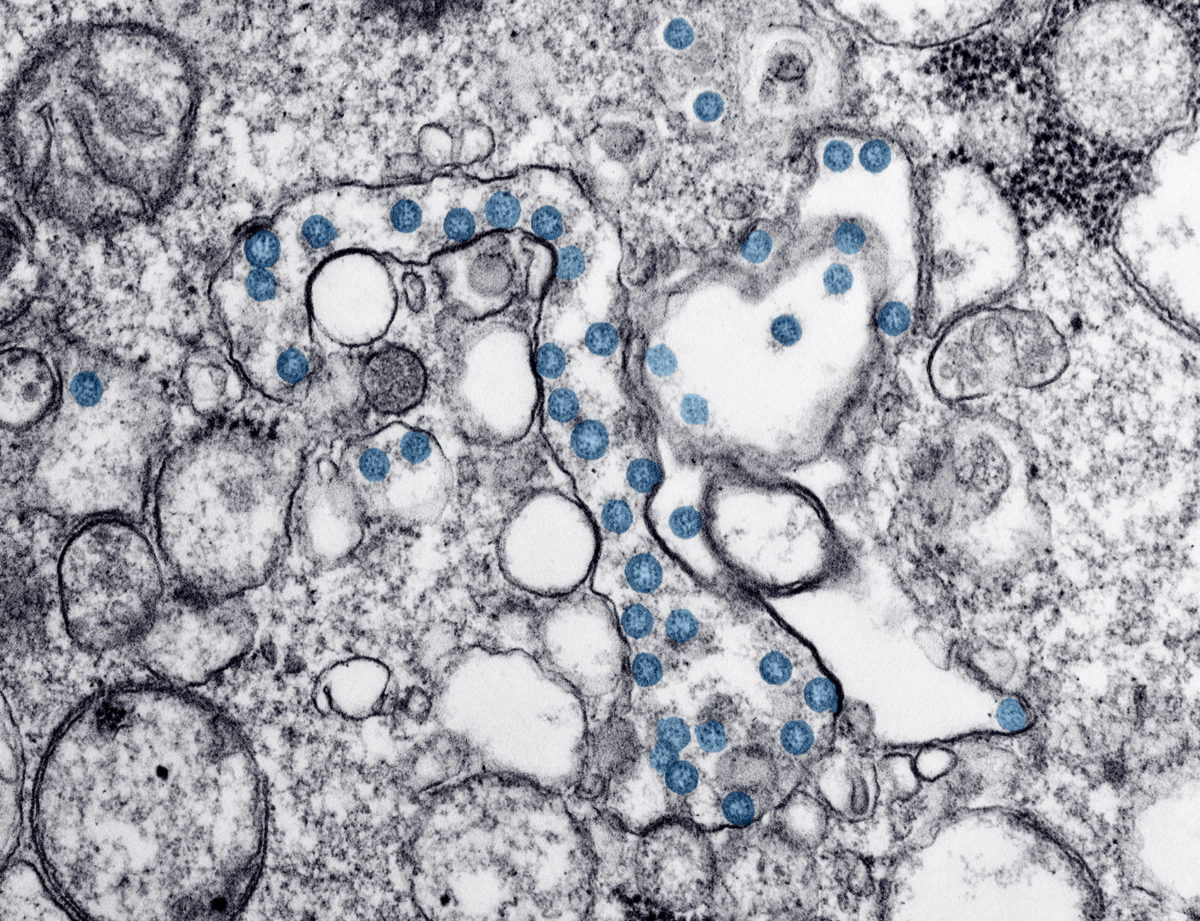
A man with multiple medical conditions incarcerated on a technical violation urgently needs to be released, his attorney says.

Sheriffs wield enormous power, and they can direct it in ways that will help contain the spread of COVID-19 and protect incarcerated people.
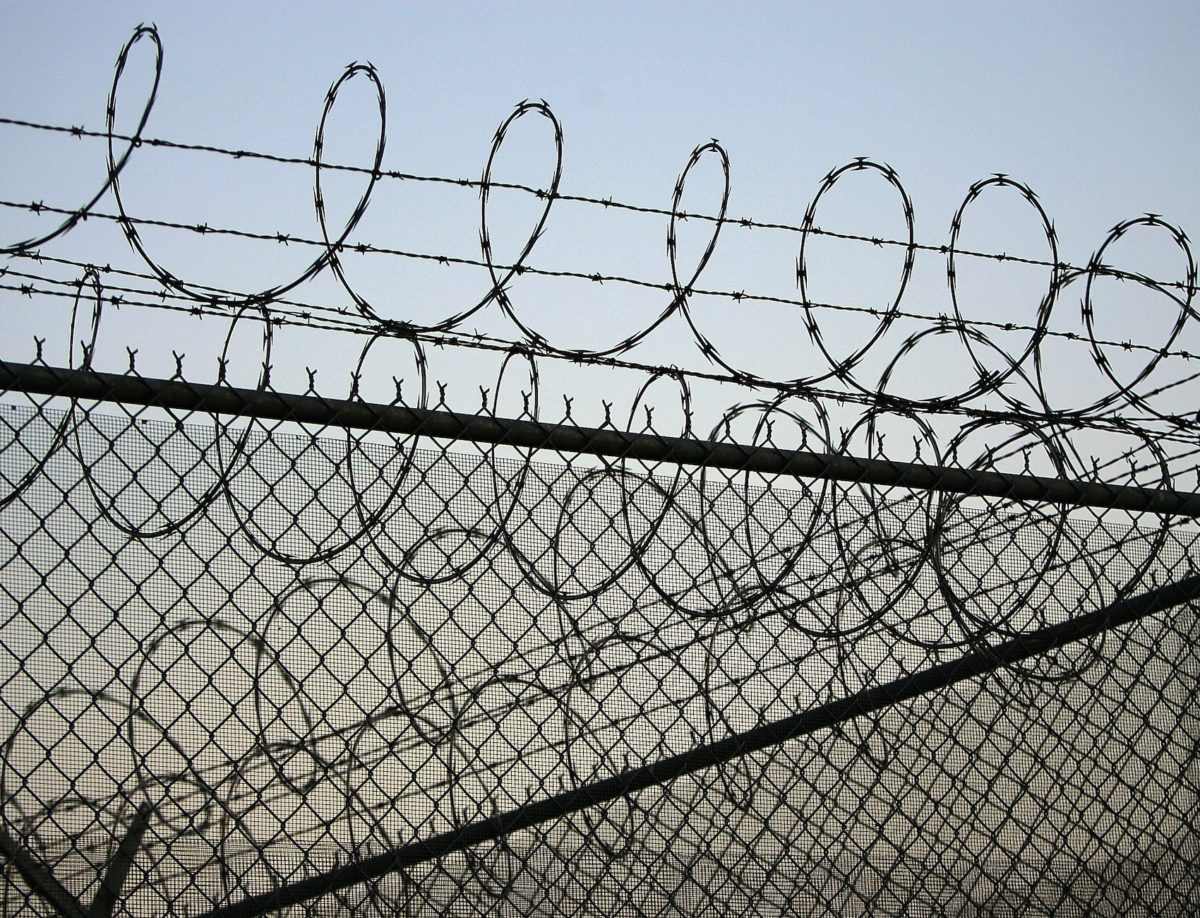
At a time when it’s vital to reduce jail and prison populations to prevent outbreaks, this data can help advocates identify areas where that is or is not happening.
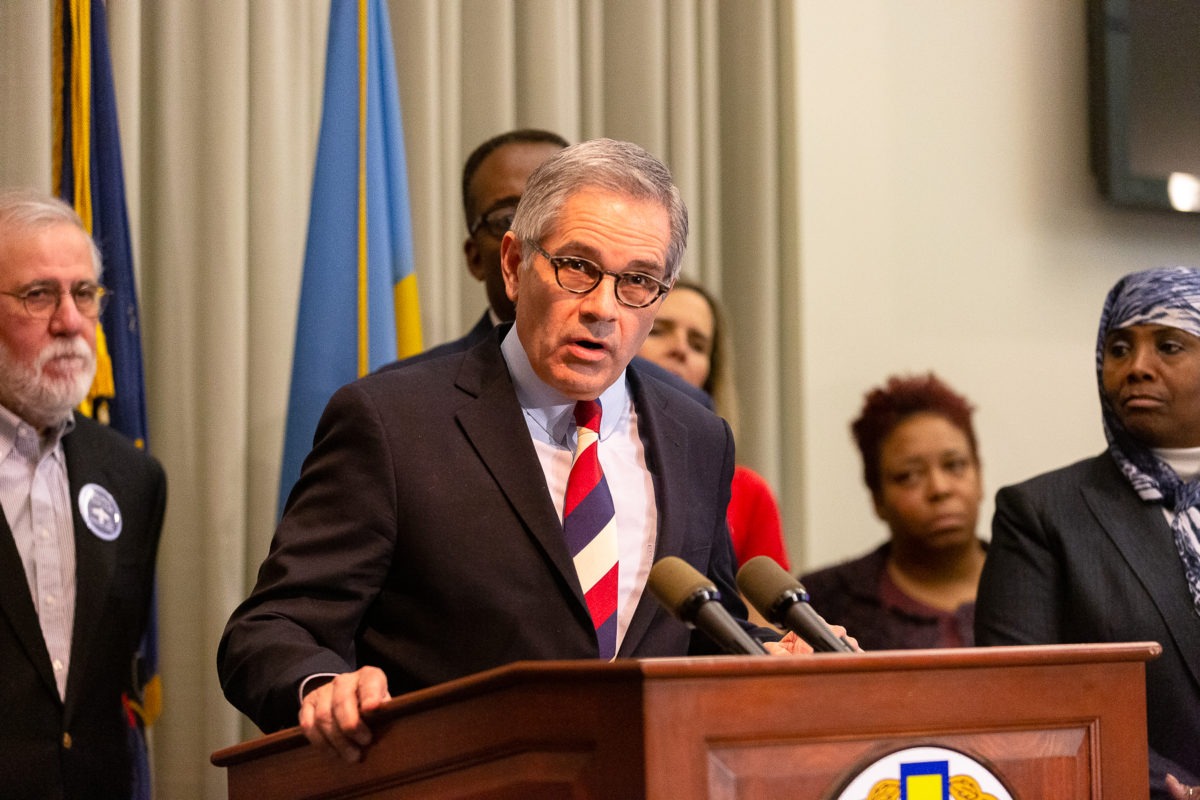
In a joint statement, they emphasized the need to reduce the number of people currently incarcerated in order to contain the deadly COVID-19 virus.
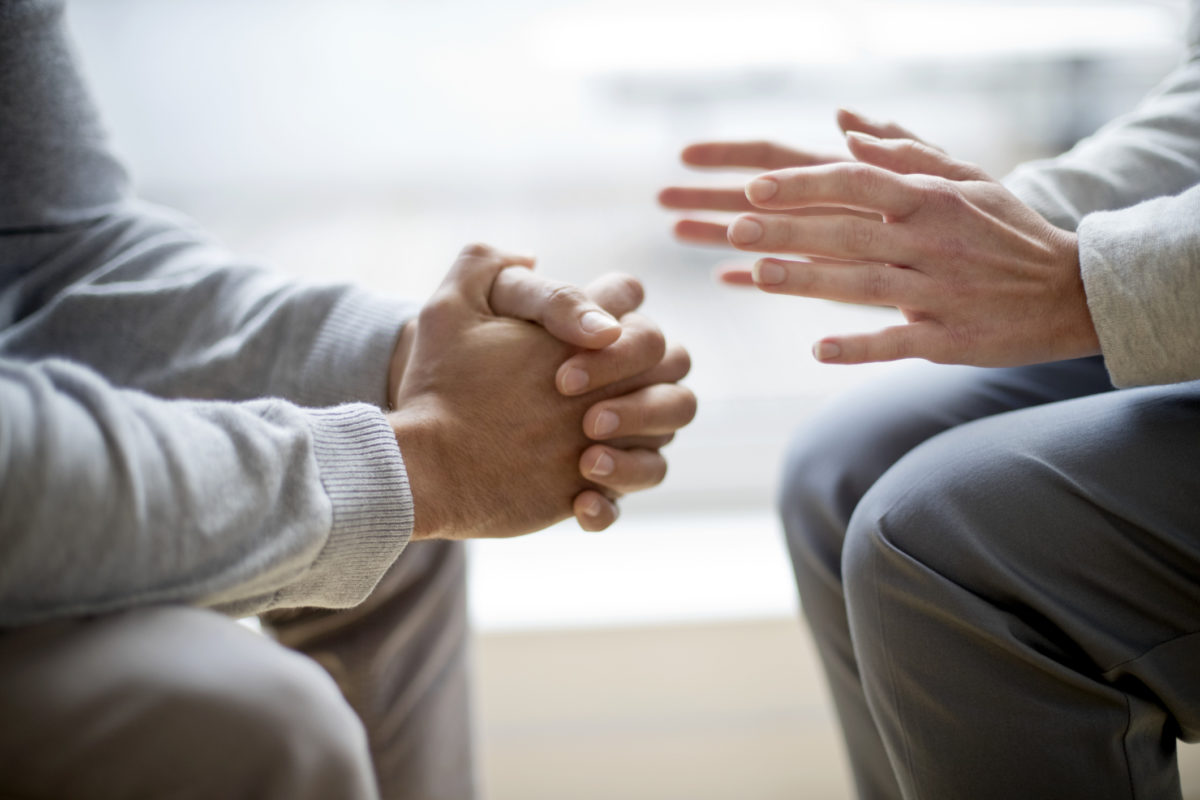
To prevent more people from being infected with COVID-19, defense attorneys are calling for courts to release people.
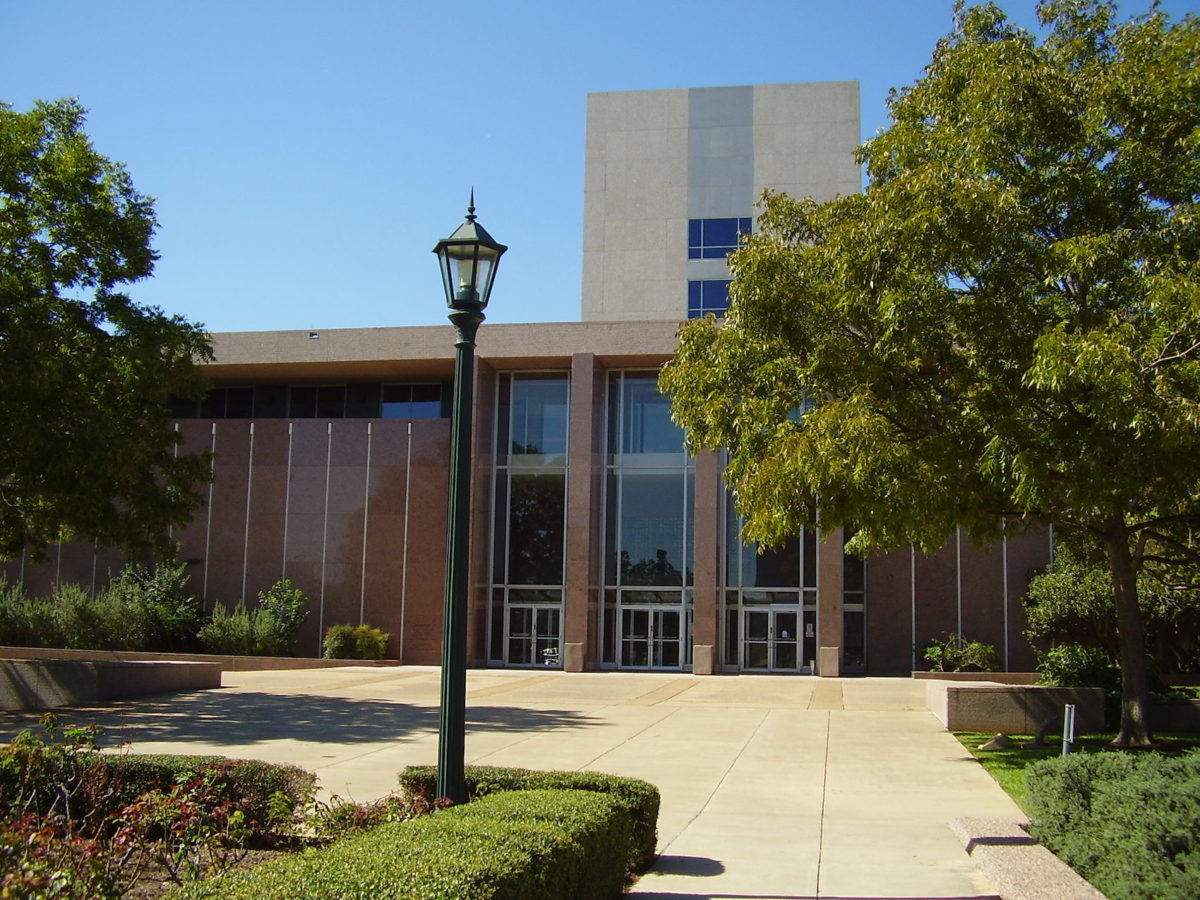
John Hummel was scheduled to be executed on Wednesday. The court, citing the current health crisis, has postponed the execution for 60 days.
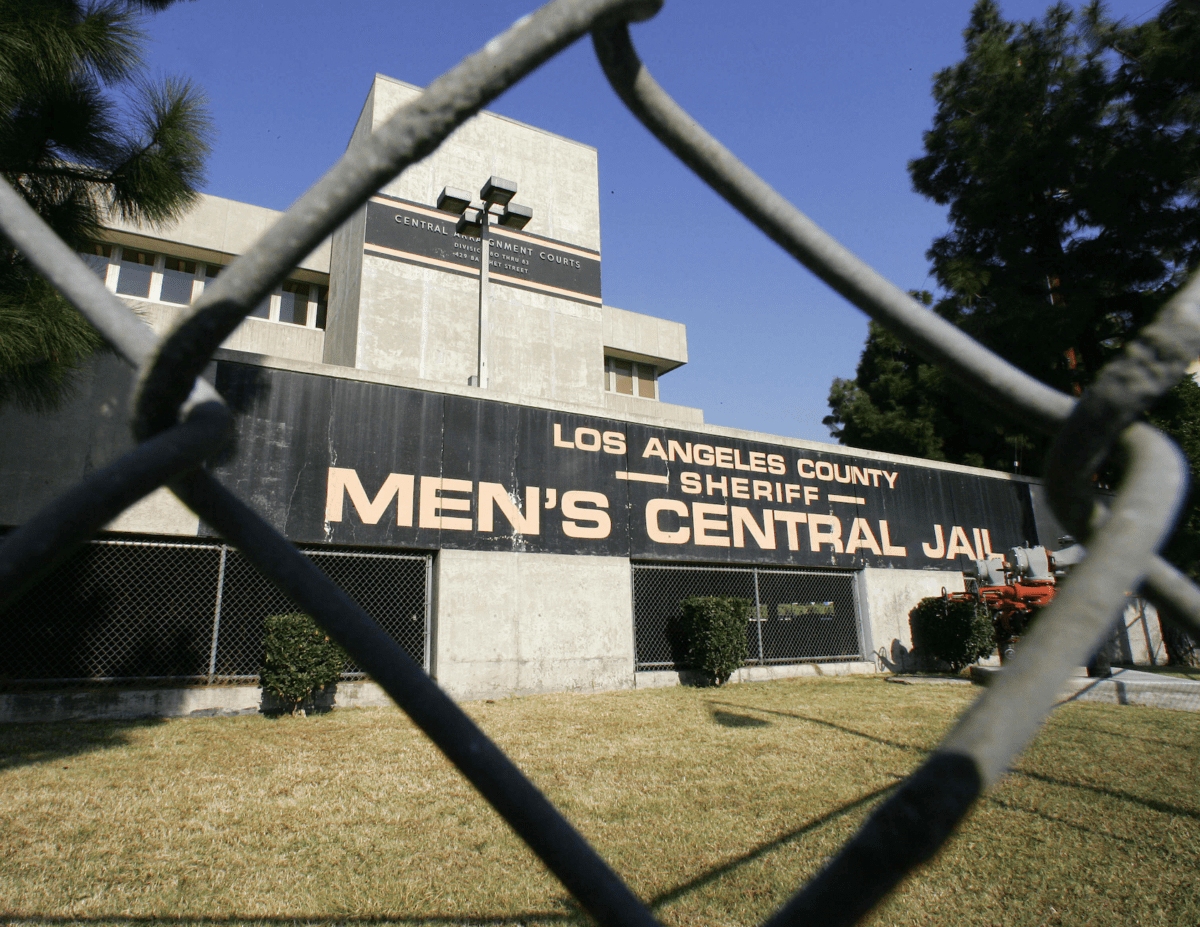
Activists are calling on the governor, district attorneys, sheriffs, and judges to take action to prevent the spread of COVID-19.
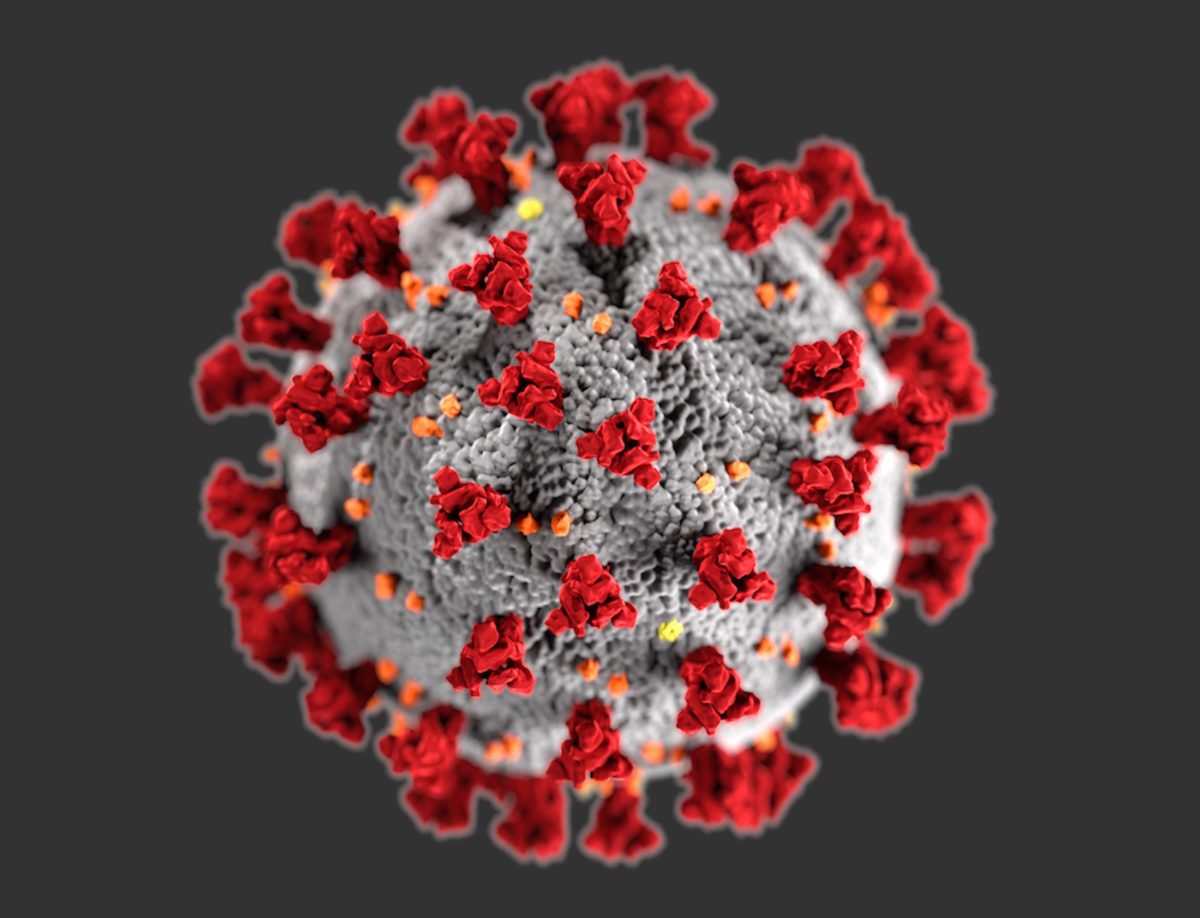
The individual had no contact with people in custody for at least the past month, according to the DOC.